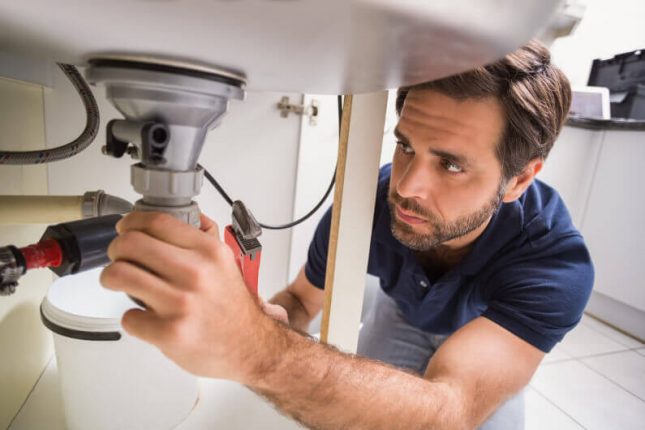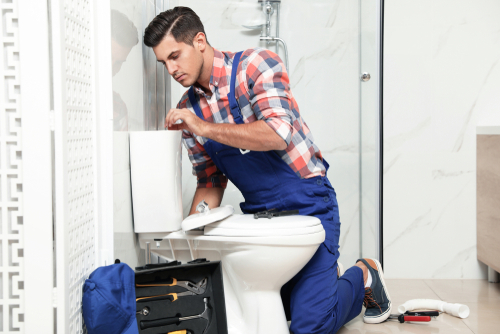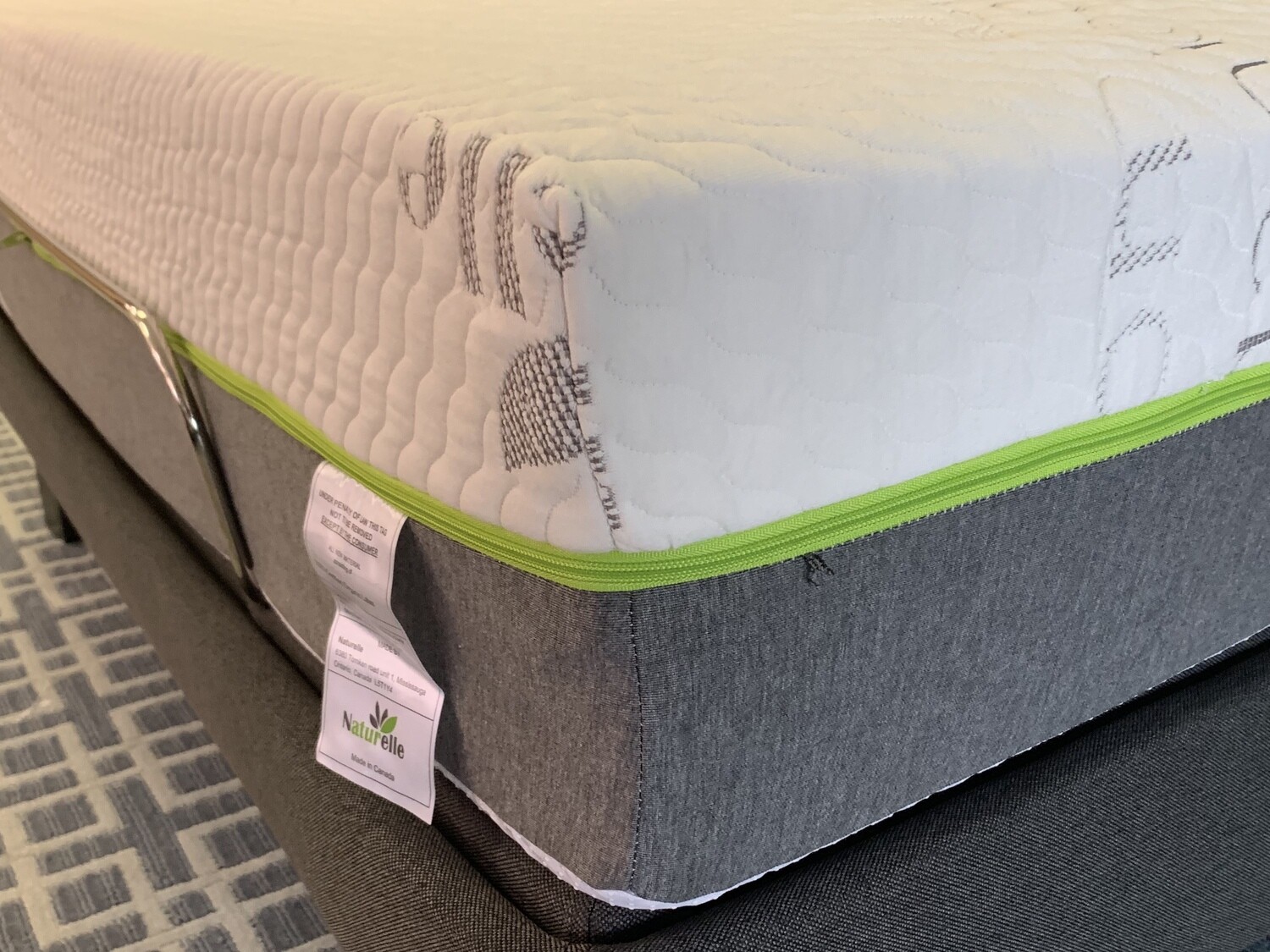If you've noticed a sudden decrease in hot water pressure in your kitchen sink, the first thing you should check is the aerator. This small, mesh screen is located at the end of your faucet and can easily become clogged with mineral deposits and debris. Simply unscrew the aerator and rinse it out with water to remove any blockages. If this doesn't solve the issue, move on to the next step.1. Check the aerator
The shut-off valve controls the flow of water to your kitchen sink. Make sure it is fully open to allow for maximum water pressure. If it is partially closed, it could be causing a decrease in pressure. If the valve appears to be broken or damaged, it may need to be replaced by a professional.2. Check the shut-off valve
If the aerator is not the issue, the problem may be a clog in the faucet itself. To check for this, you will need to disassemble the faucet and inspect the inside for any blockages. Use a toothbrush or small brush to remove any debris or buildup that may be causing the clog.3. Check for clogs in the faucet
The water supply line is responsible for bringing water to your kitchen sink. If there is a leak or break in the line, it could be causing a decrease in hot water pressure. Check the line for any visible damage and repair or replace as needed.4. Check the water supply line
If all other sources seem to be functioning properly, the issue may lie with your hot water heater. Check the temperature setting and make sure it is not set too low. You should also check the tank for any sediment buildup, which can affect the flow of hot water. If necessary, flush the tank to remove any buildup.5. Check the hot water heater
Leaks in the pipes can also cause a decrease in hot water pressure. Inspect all visible pipes under the sink for any signs of leaks and repair them as needed. If you suspect there may be a hidden leak, it is best to call a professional plumber to locate and fix the issue.6. Check for leaks in the pipes
The water pressure regulator is responsible for maintaining a constant and safe level of water pressure in your home. If it malfunctions or becomes clogged, it can cause a decrease in hot water pressure. If you are comfortable doing so, you can try to clean or adjust the regulator yourself. Otherwise, it is best to call a professional plumber.7. Check the water pressure regulator
If you have recently had work done on your plumbing system, there may be air trapped in the pipes. This can affect the flow of hot water and cause a decrease in pressure. To fix this, simply turn on all the faucets in your home and let them run for a few minutes. This will help to flush out any trapped air.8. Check for air in the pipes
If the decrease in pressure is only affecting your kitchen sink, it could be a localized issue. Check the hot water pressure in other faucets throughout your home to see if they are also experiencing a decrease. If they are, the problem may be with your hot water heater or water pressure regulator. If they are not, it is likely an issue with the sink itself.9. Check the water pressure in other faucets
If you have tried all of these steps and are still experiencing a decrease in hot water pressure in your kitchen sink, it is best to call a professional plumber. They will be able to diagnose and fix the issue, ensuring that you have consistent and strong hot water pressure for all your household needs.10. Call a plumber
Troubleshooting Low Hot Water Pressure in Your Kitchen Sink
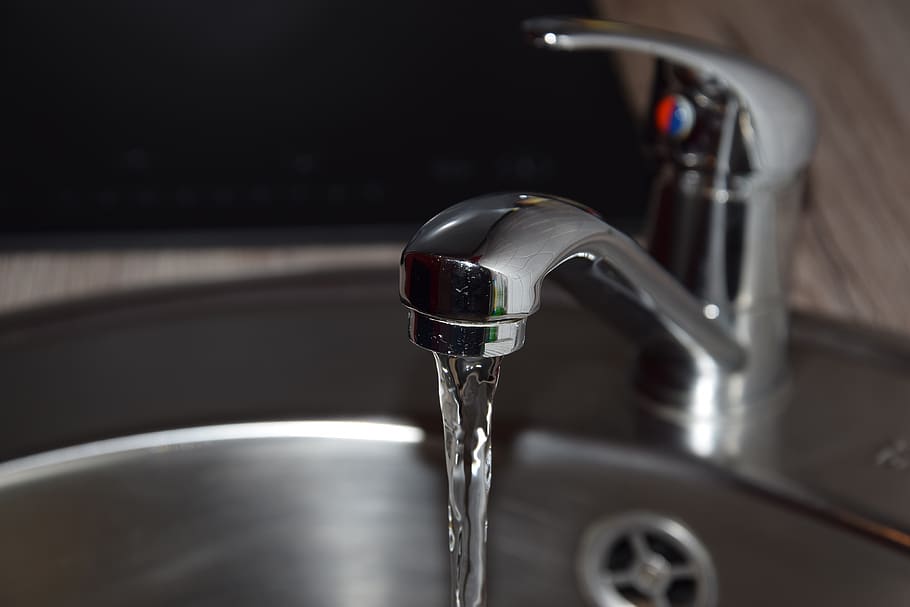
Common Causes of Low Hot Water Pressure
 If you've noticed a decrease in
hot water pressure
in your kitchen sink, you're not alone. This is a common issue that many homeowners face, and it can be frustrating to deal with. There are several potential causes for low hot water pressure in your kitchen sink.
One of the most common causes is a
clogged aerator
. The aerator is the small mesh screen located at the end of your faucet. Over time, mineral deposits and debris can build up and block the flow of water. This can result in decreased hot water pressure in your kitchen sink. Another possible cause is an old or faulty
hot water valve
. If the valve is not fully open or is damaged, it can restrict the flow of hot water and lead to low pressure.
If you've noticed a decrease in
hot water pressure
in your kitchen sink, you're not alone. This is a common issue that many homeowners face, and it can be frustrating to deal with. There are several potential causes for low hot water pressure in your kitchen sink.
One of the most common causes is a
clogged aerator
. The aerator is the small mesh screen located at the end of your faucet. Over time, mineral deposits and debris can build up and block the flow of water. This can result in decreased hot water pressure in your kitchen sink. Another possible cause is an old or faulty
hot water valve
. If the valve is not fully open or is damaged, it can restrict the flow of hot water and lead to low pressure.
Steps to Fix Low Hot Water Pressure
 If you're experiencing low hot water pressure in your kitchen sink, there are a few steps you can take to troubleshoot and fix the issue.
First, check the aerator. If it is clogged, you can remove it and soak it in vinegar or a descaling solution to break up any mineral deposits. Once clean, reattach the aerator and test the water pressure. If the aerator is not the issue, you may need to replace the hot water valve. This is a relatively simple and inexpensive fix that can greatly improve your hot water pressure.
Another potential solution is to check your
water heater
. If the temperature is set too low, it can result in decreased pressure. Make sure the temperature is set to at least 120 degrees Fahrenheit. If your water heater is old, it may also be time to replace it. A new, more efficient model can help improve your hot water pressure and save you money on energy bills.
If you're experiencing low hot water pressure in your kitchen sink, there are a few steps you can take to troubleshoot and fix the issue.
First, check the aerator. If it is clogged, you can remove it and soak it in vinegar or a descaling solution to break up any mineral deposits. Once clean, reattach the aerator and test the water pressure. If the aerator is not the issue, you may need to replace the hot water valve. This is a relatively simple and inexpensive fix that can greatly improve your hot water pressure.
Another potential solution is to check your
water heater
. If the temperature is set too low, it can result in decreased pressure. Make sure the temperature is set to at least 120 degrees Fahrenheit. If your water heater is old, it may also be time to replace it. A new, more efficient model can help improve your hot water pressure and save you money on energy bills.
Preventative Measures
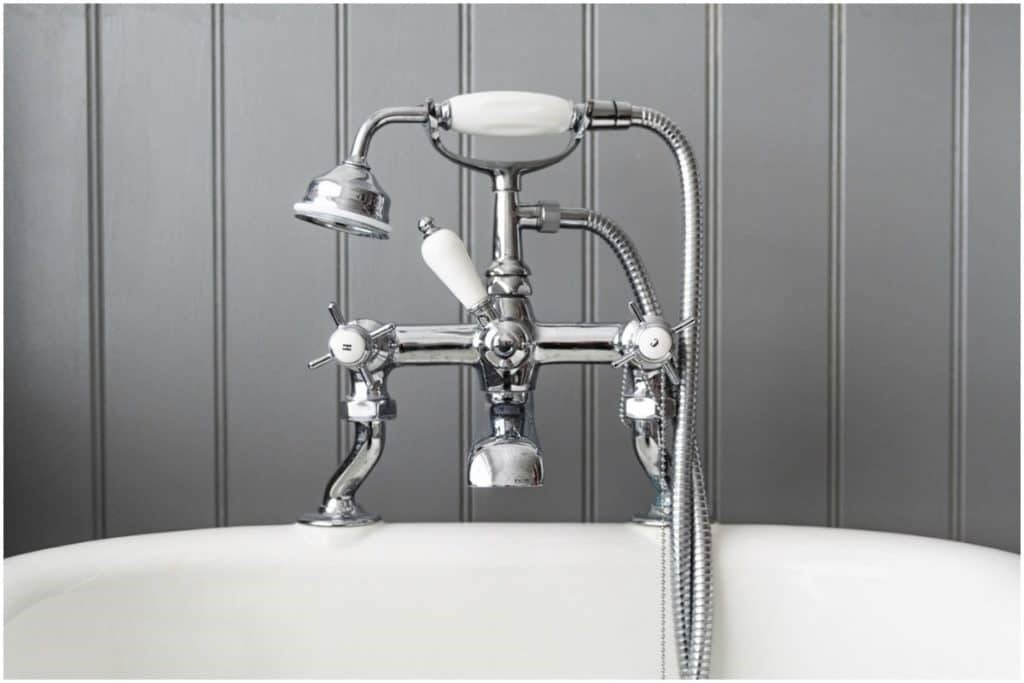 To prevent future issues with low hot water pressure in your kitchen sink, there are a few preventative measures you can take. Regularly clean and descale your aerator to prevent buildup. You can also install a
water softener
to prevent mineral deposits from forming in your plumbing. Additionally, make sure to have your water heater serviced regularly to ensure it is functioning properly.
In conclusion, low hot water pressure in your kitchen sink can be a frustrating inconvenience, but it is a common issue that can be easily fixed. By troubleshooting and addressing the potential causes, you can restore your hot water pressure and improve the functionality of your kitchen sink. Remember to regularly maintain your plumbing and water heater to prevent future issues.
To prevent future issues with low hot water pressure in your kitchen sink, there are a few preventative measures you can take. Regularly clean and descale your aerator to prevent buildup. You can also install a
water softener
to prevent mineral deposits from forming in your plumbing. Additionally, make sure to have your water heater serviced regularly to ensure it is functioning properly.
In conclusion, low hot water pressure in your kitchen sink can be a frustrating inconvenience, but it is a common issue that can be easily fixed. By troubleshooting and addressing the potential causes, you can restore your hot water pressure and improve the functionality of your kitchen sink. Remember to regularly maintain your plumbing and water heater to prevent future issues.


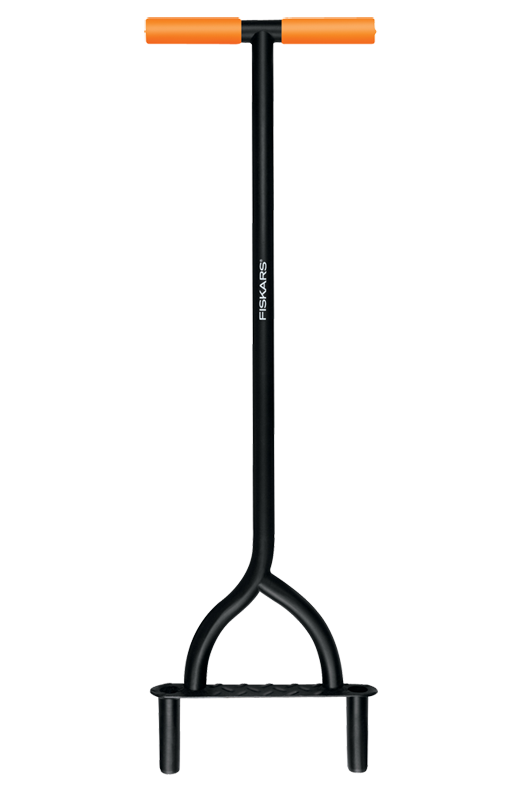

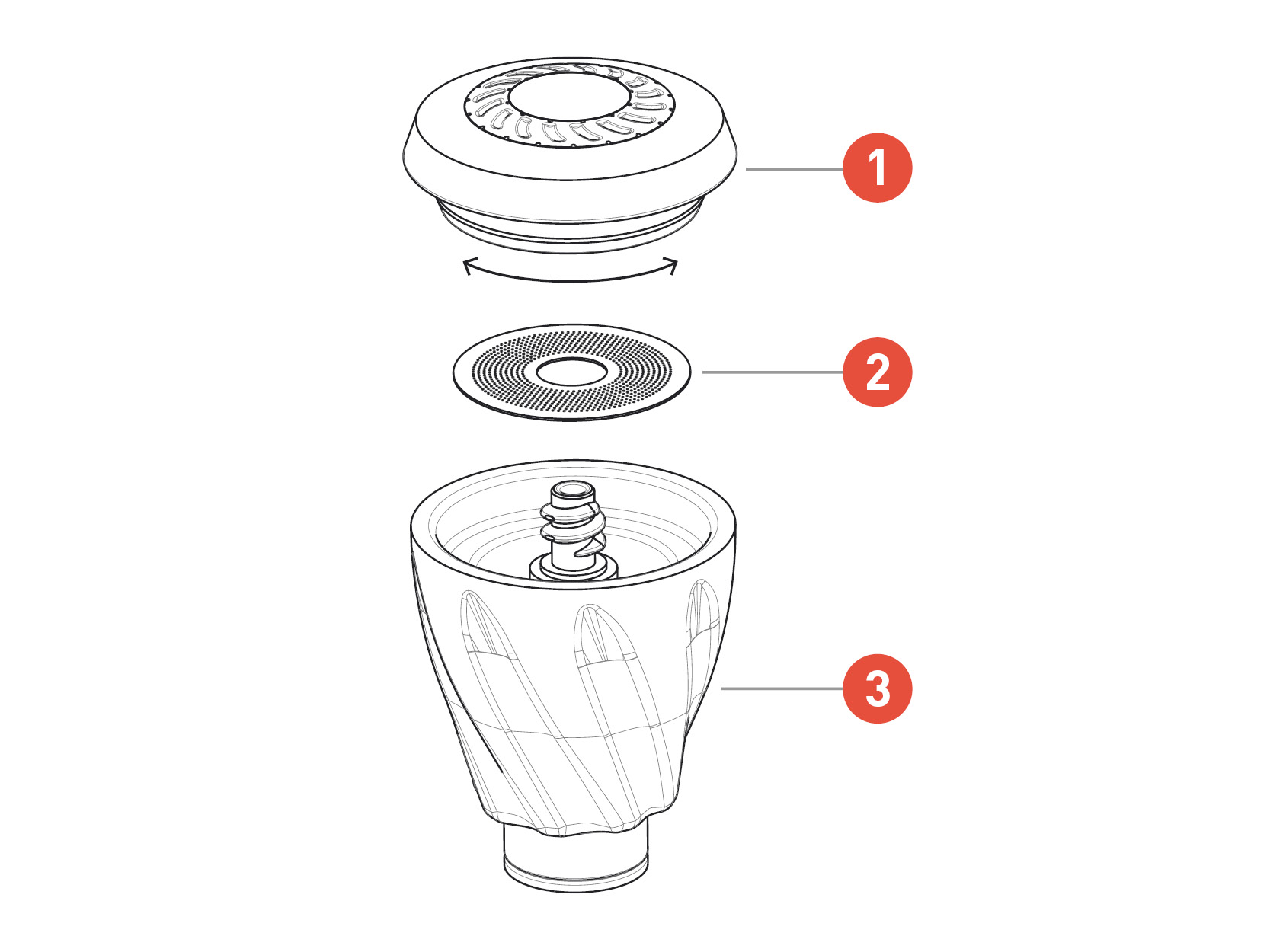

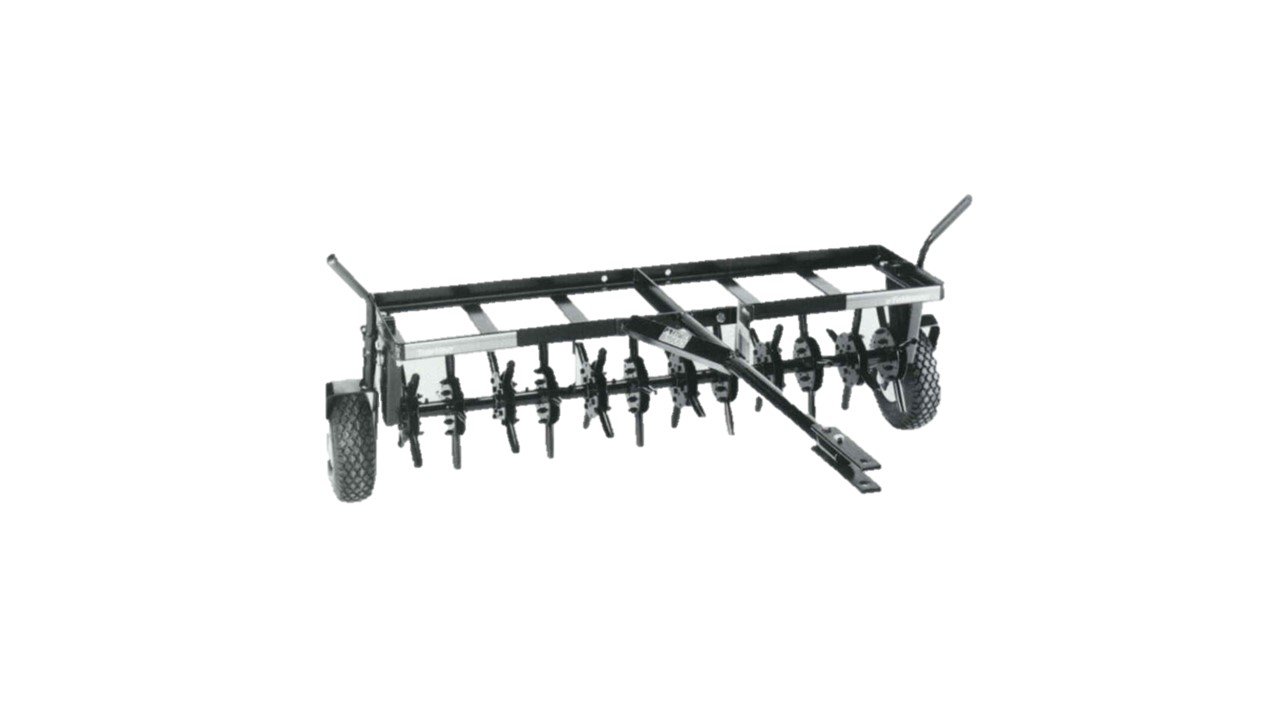

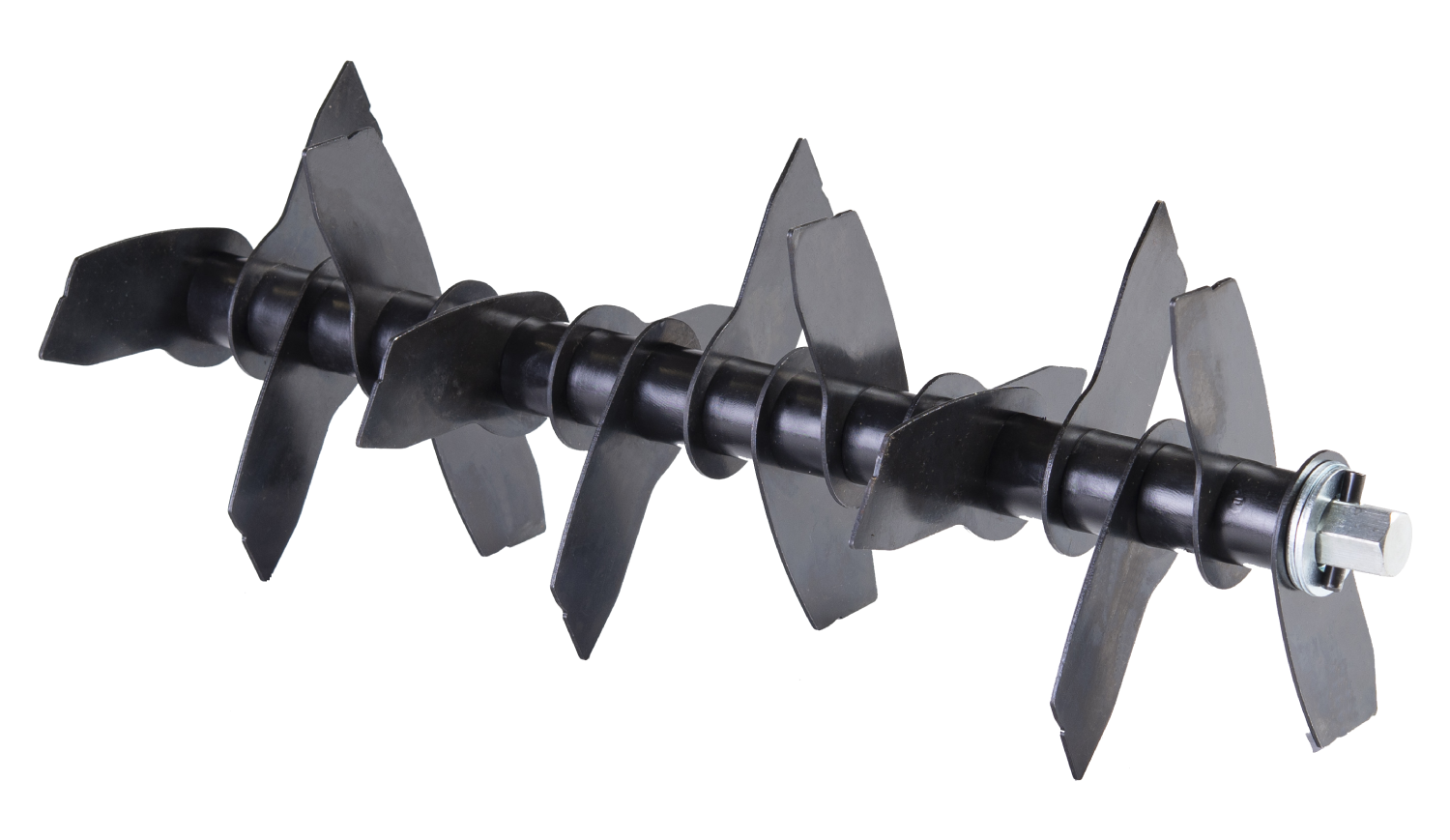
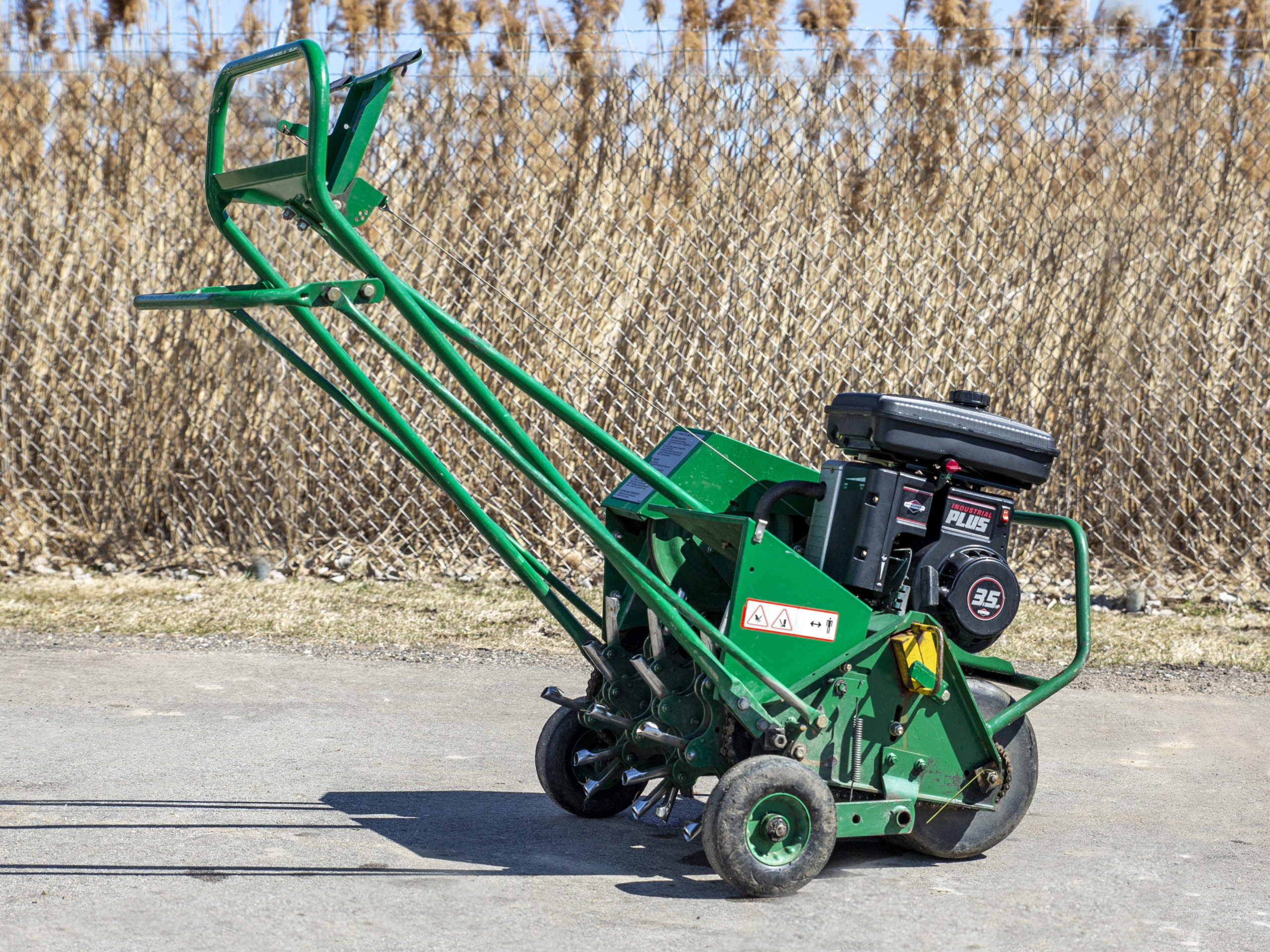
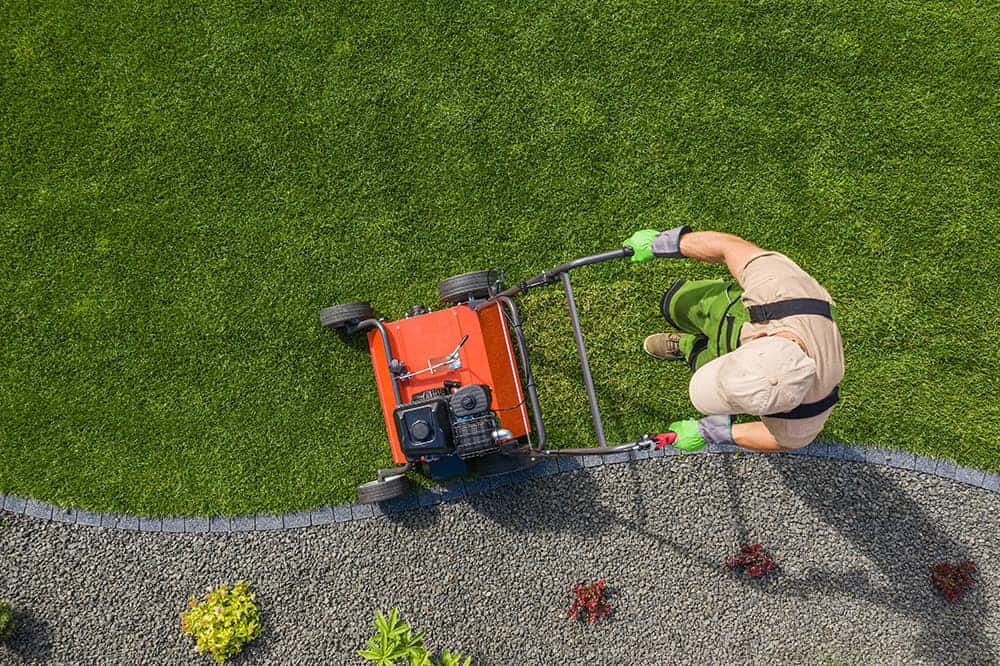
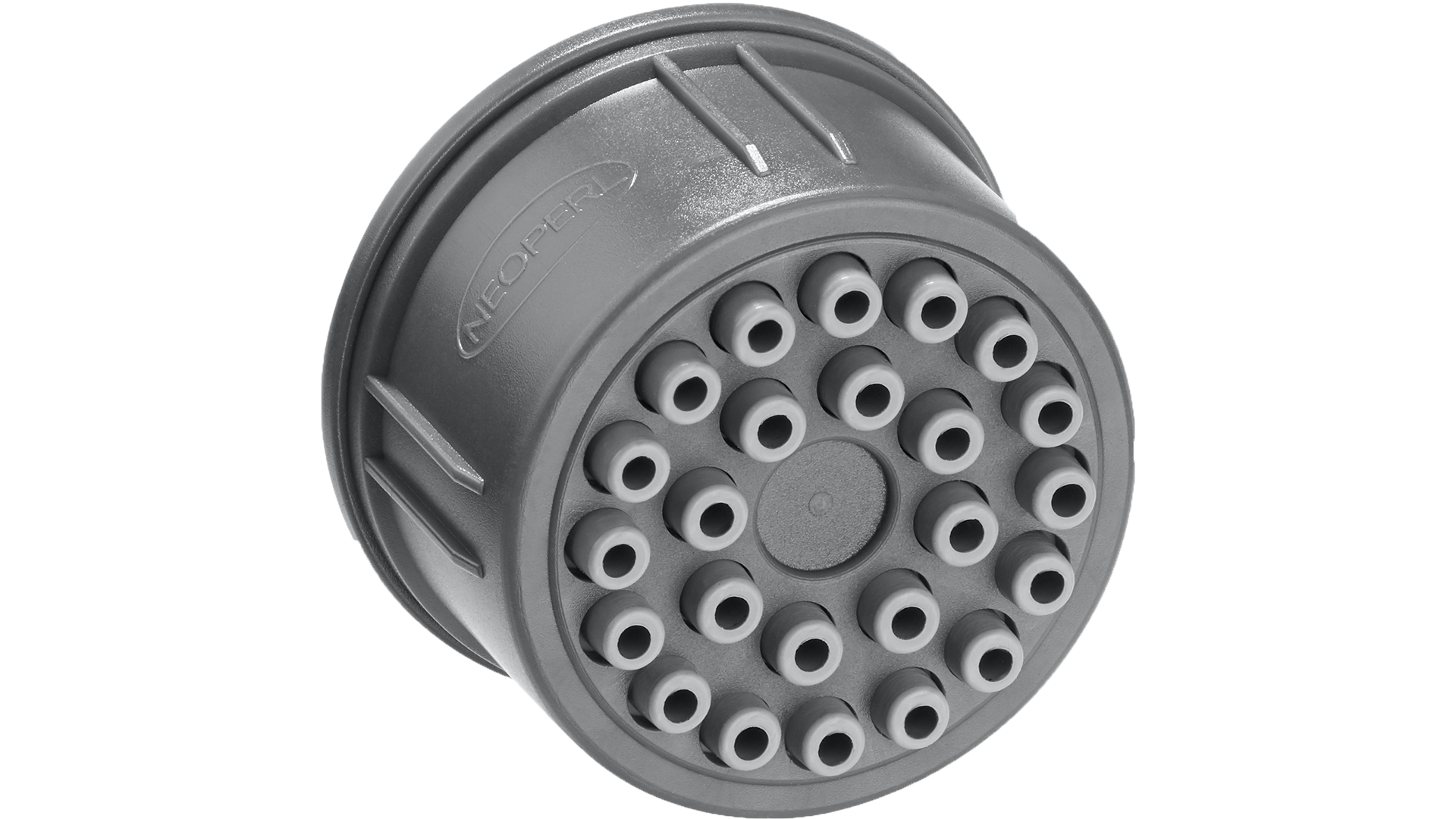



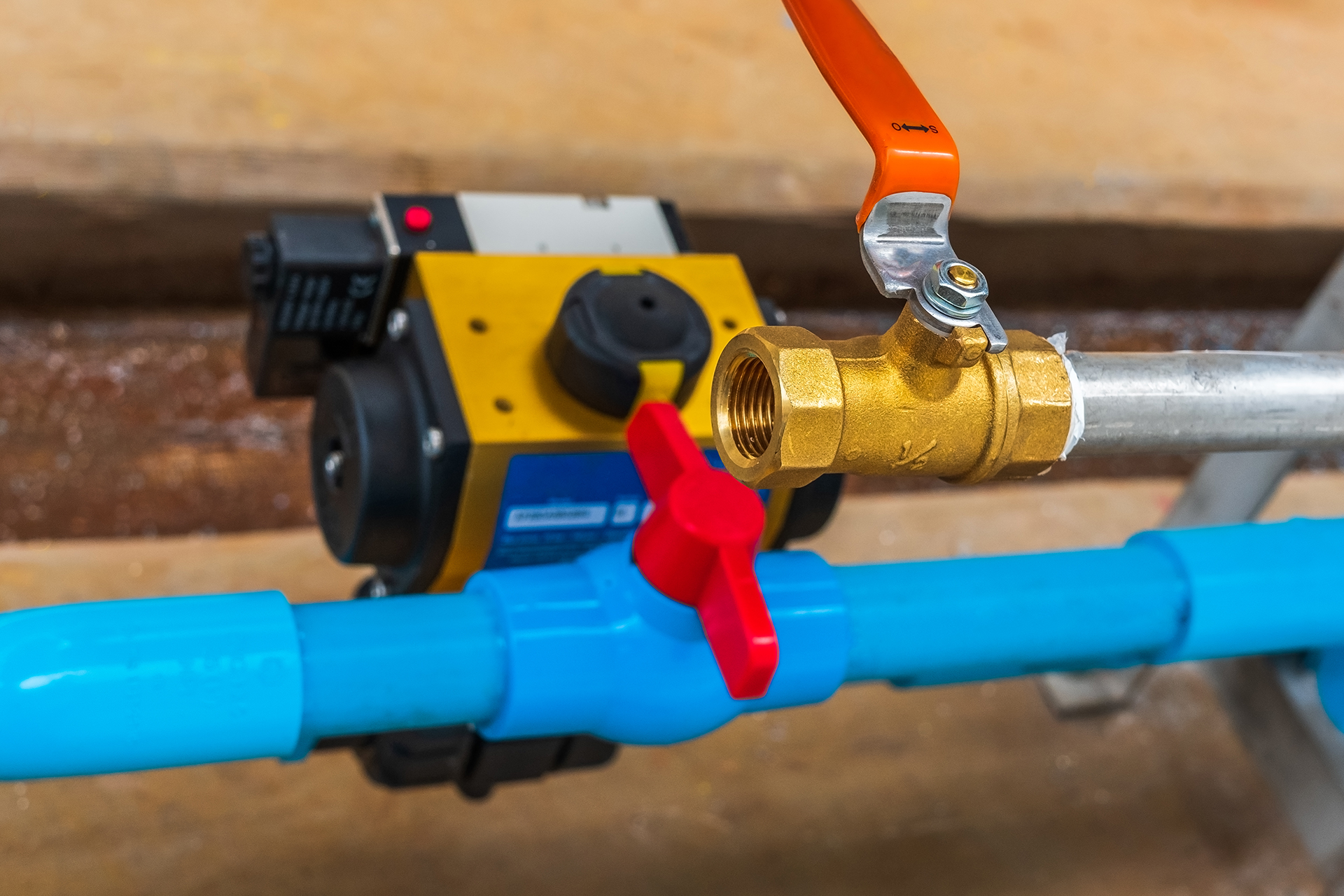
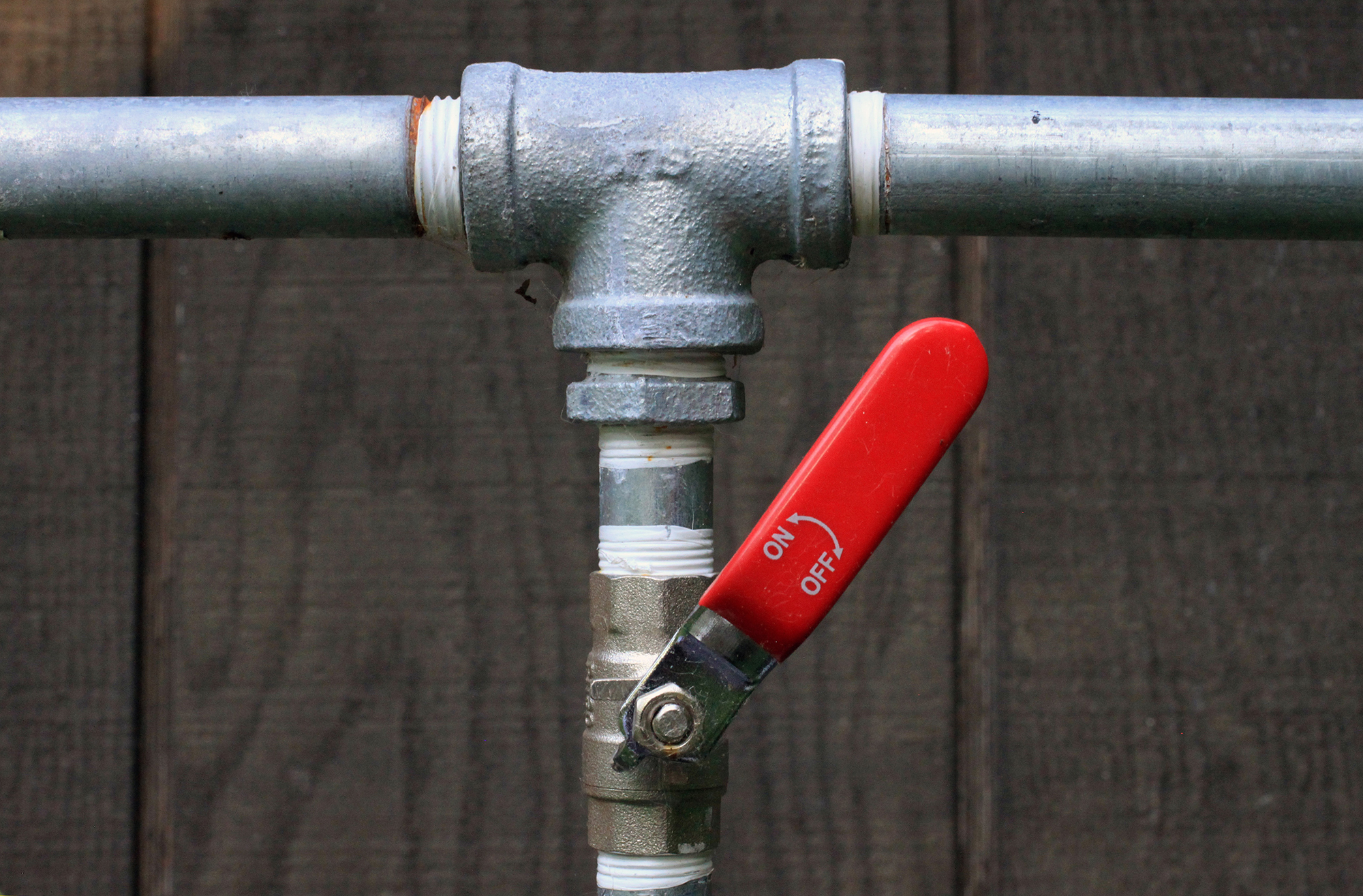
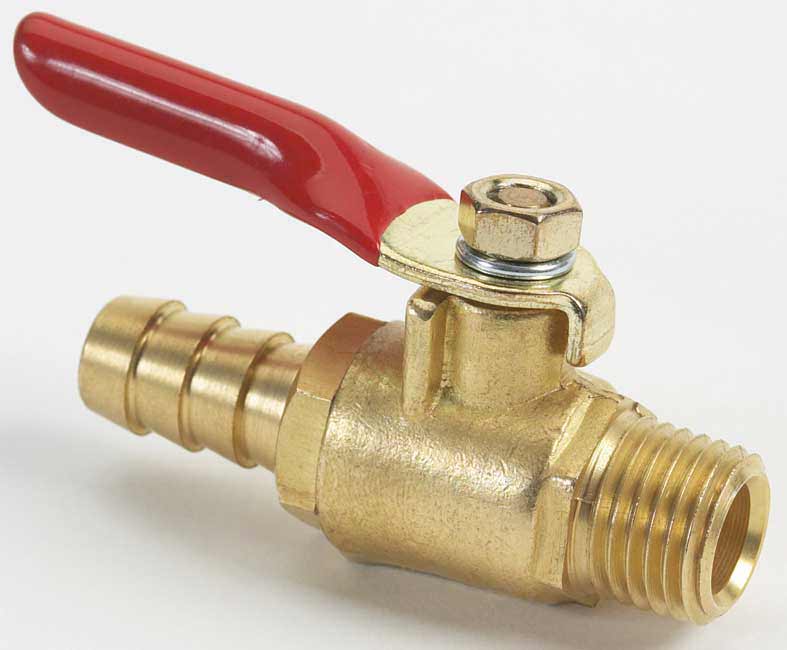




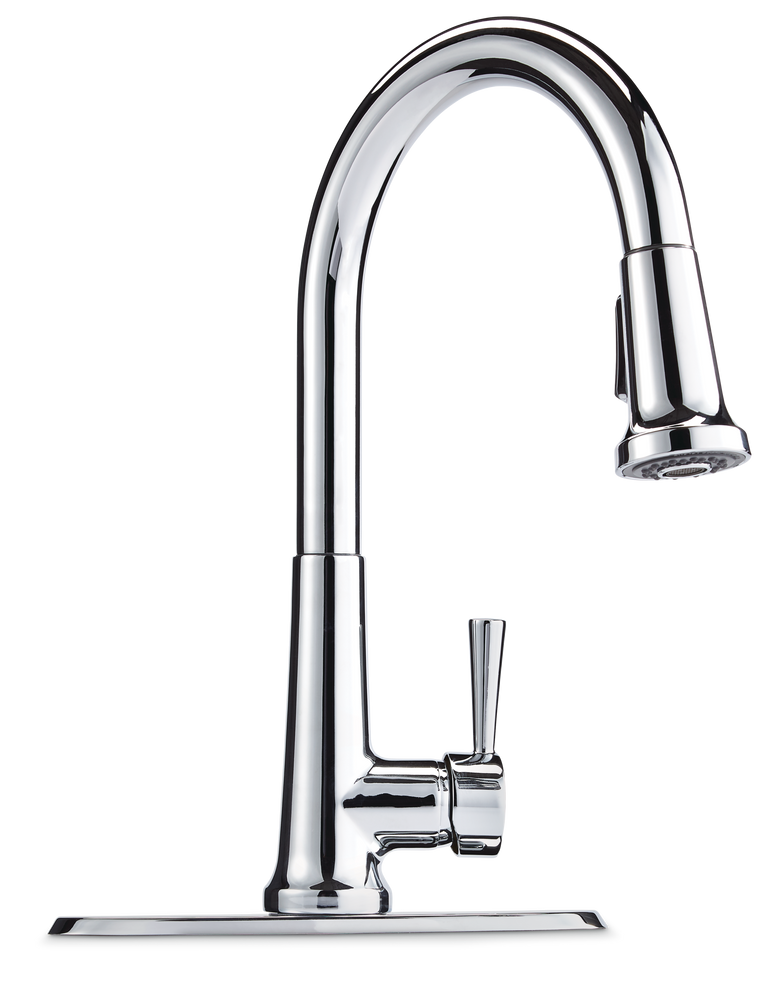







_CatalogRender.png)
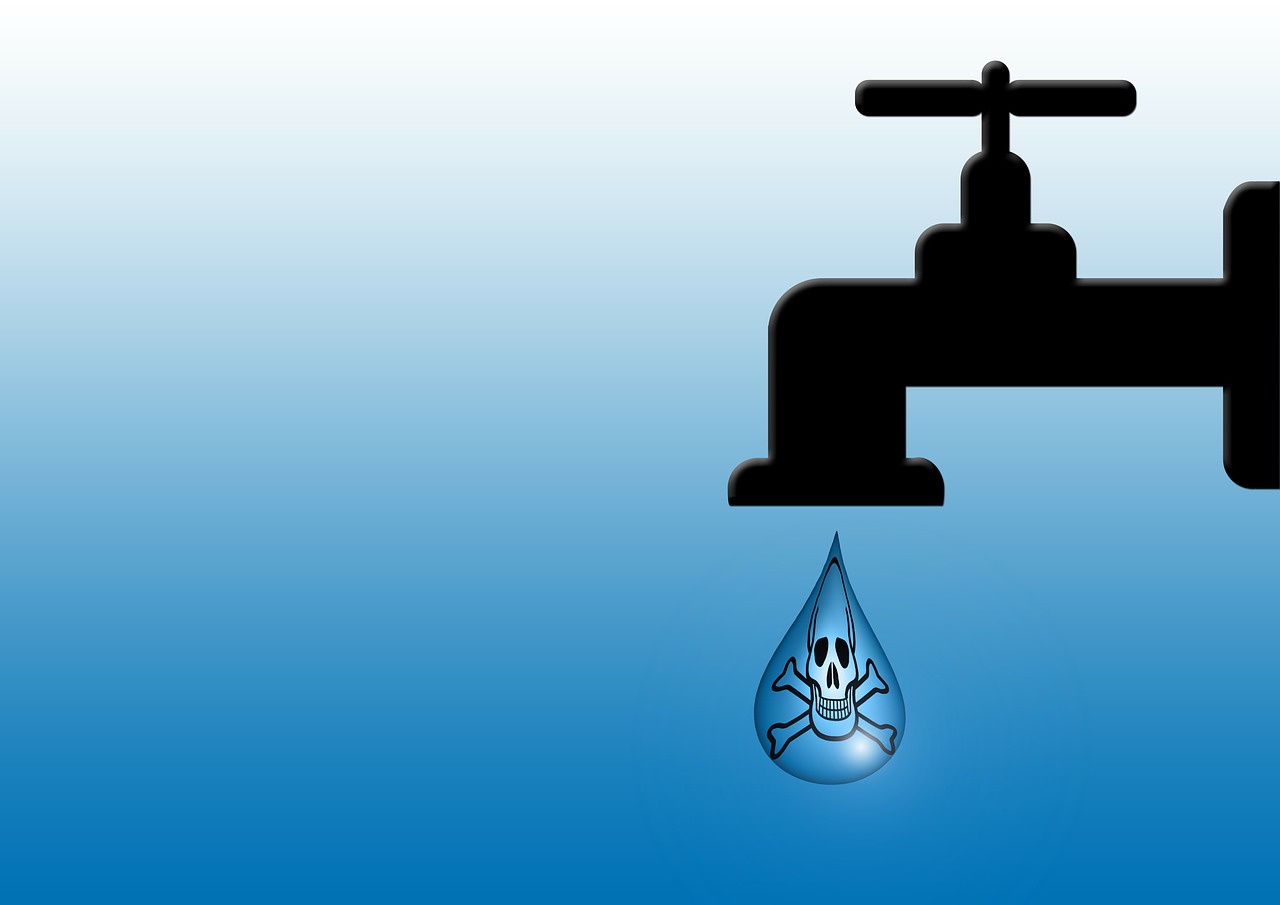
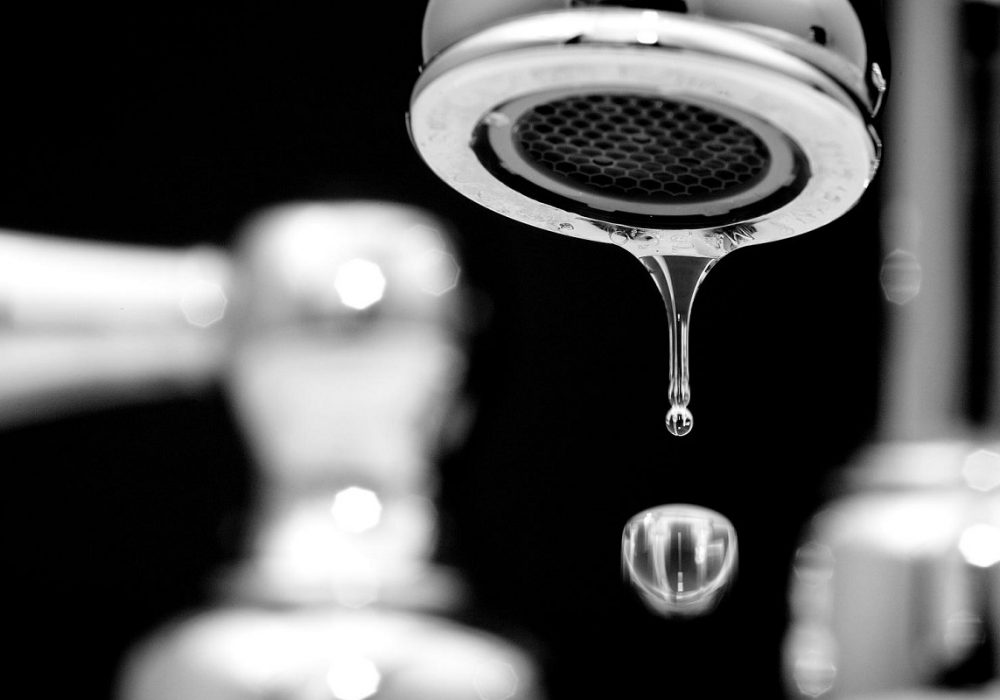

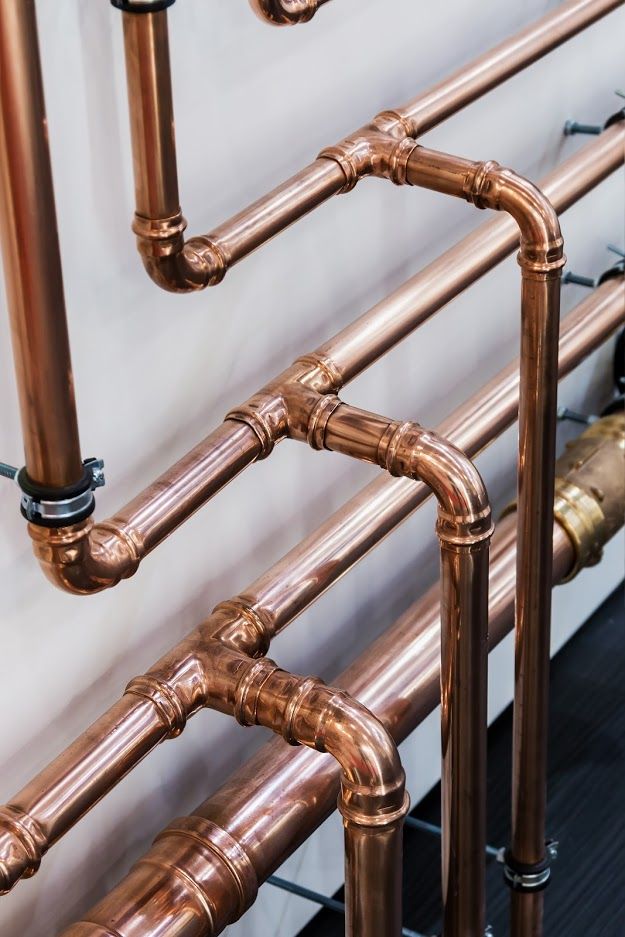

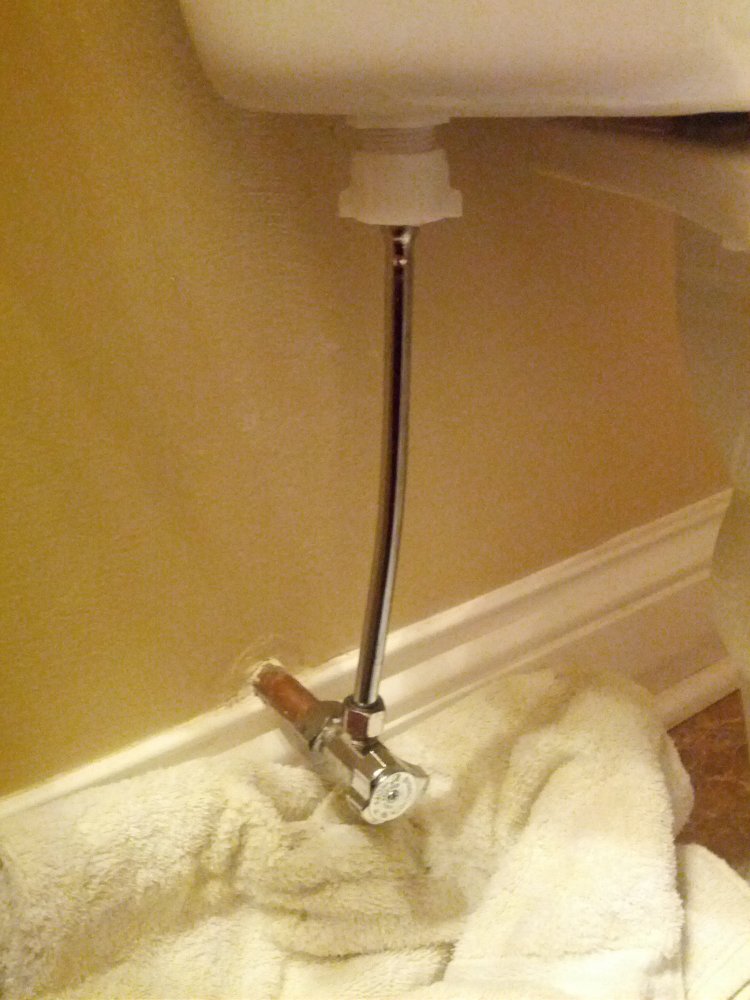

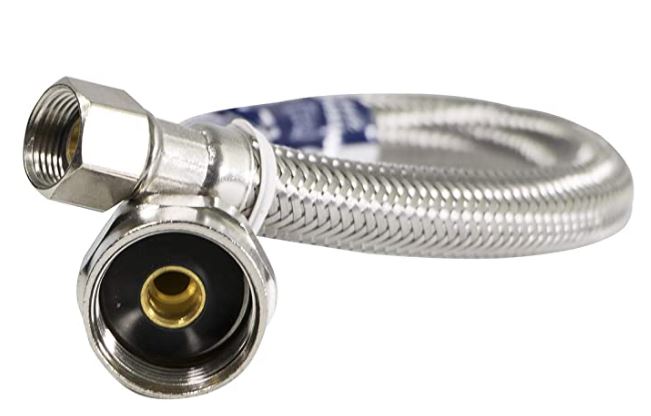
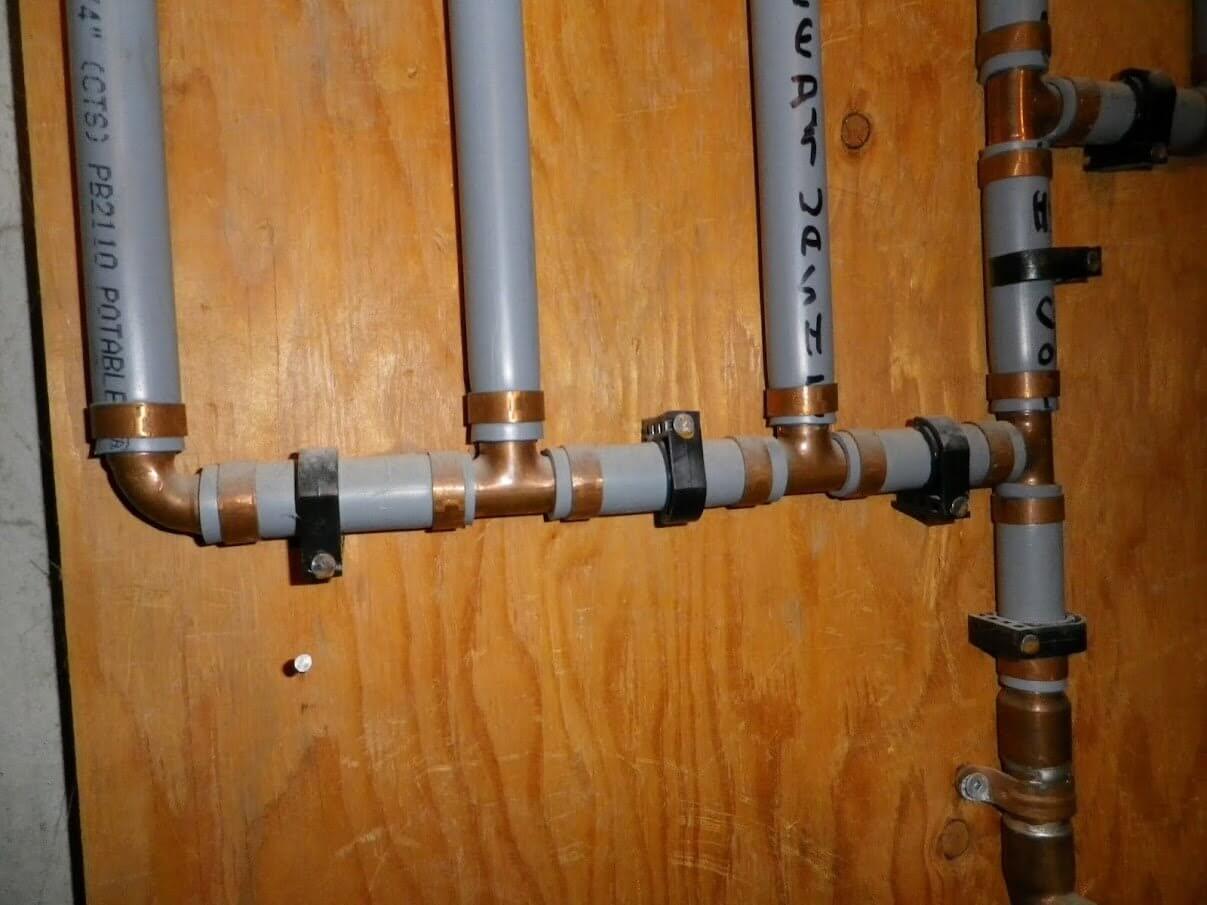
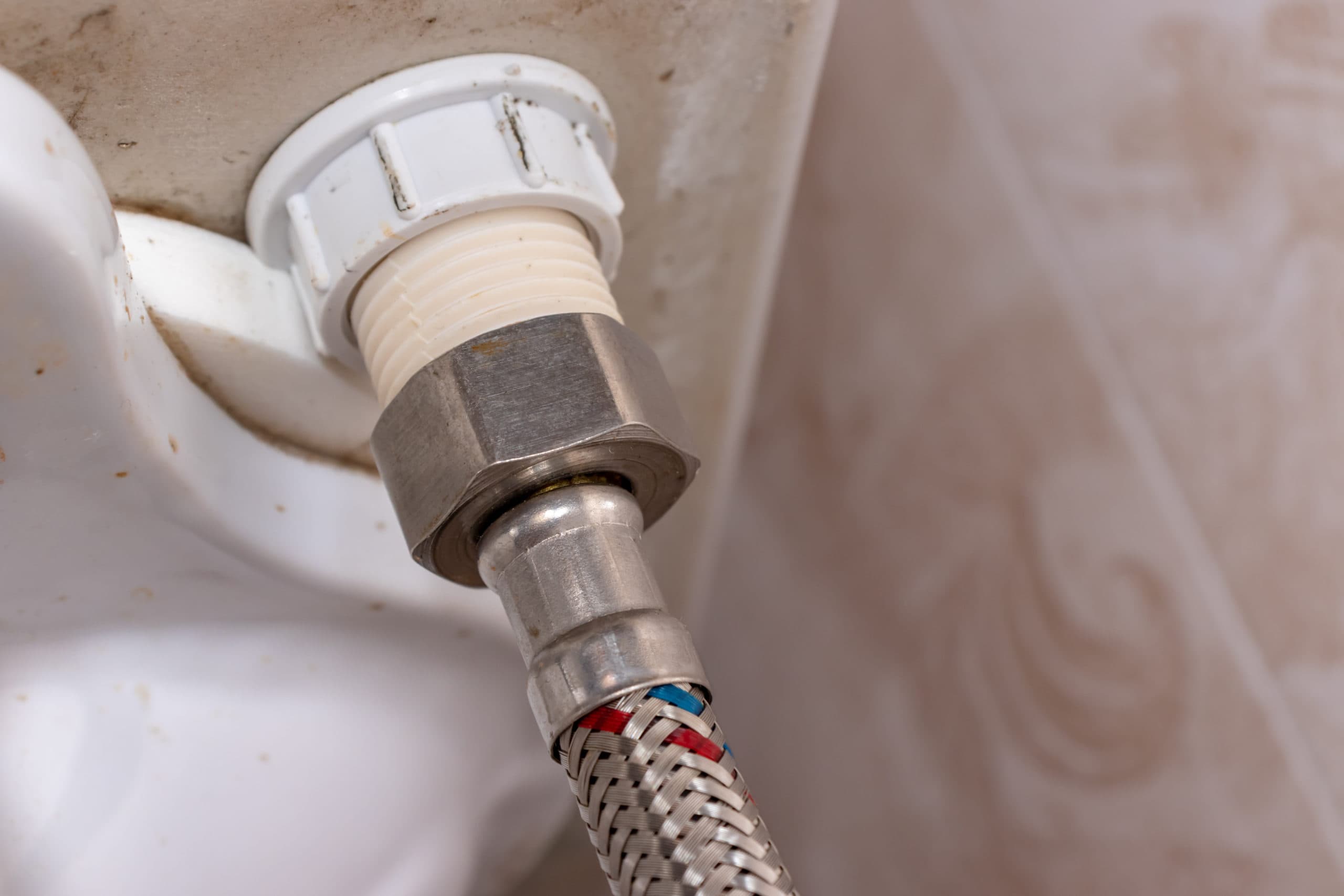





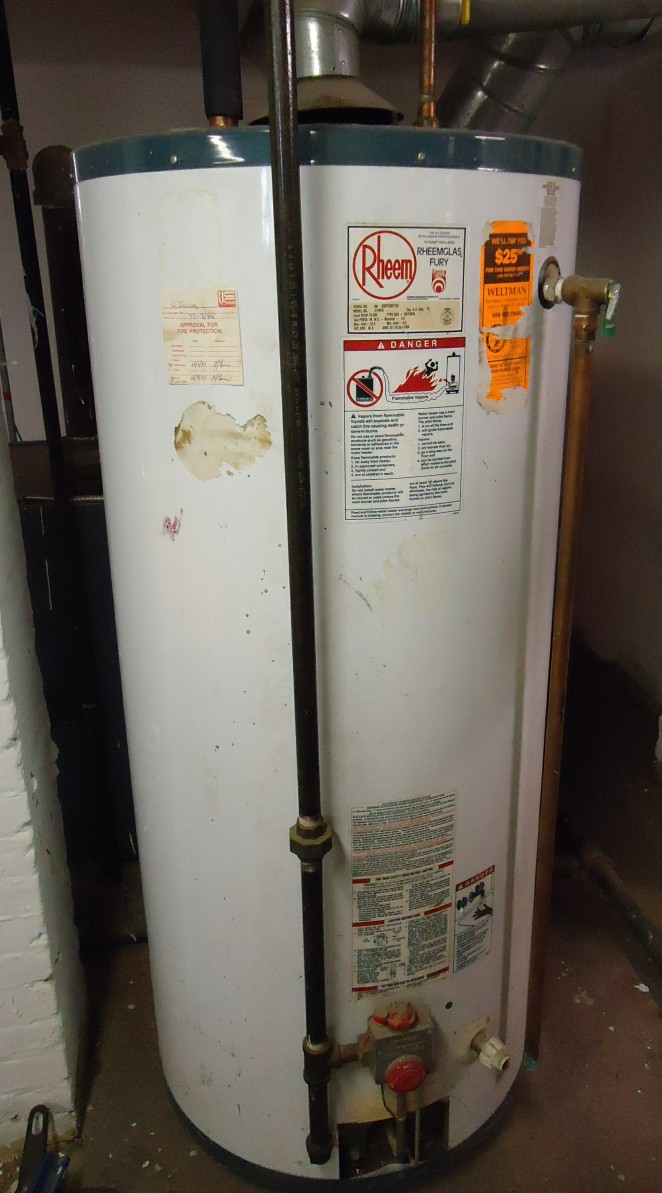


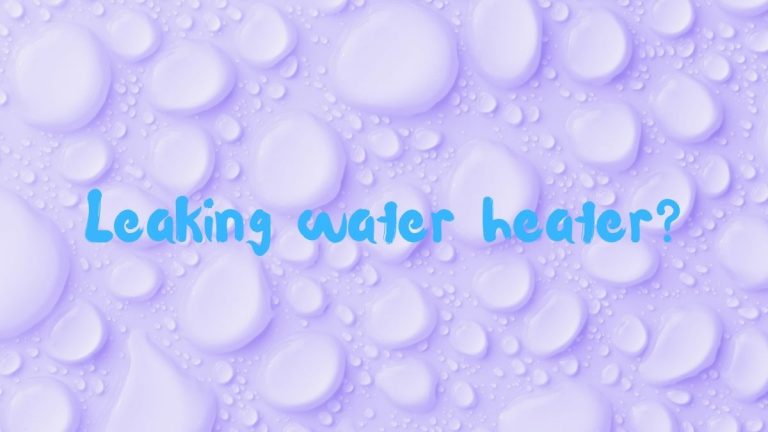

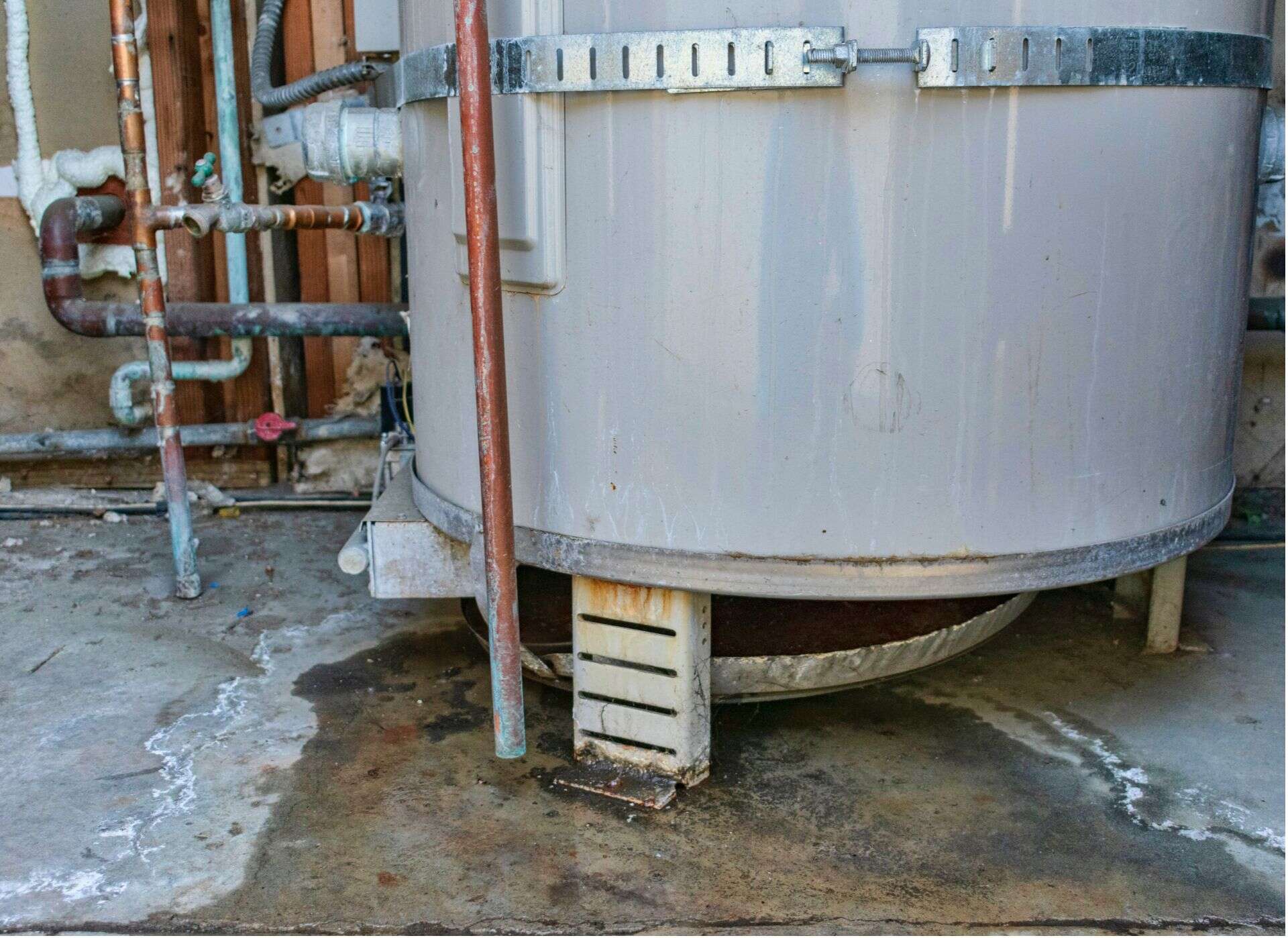

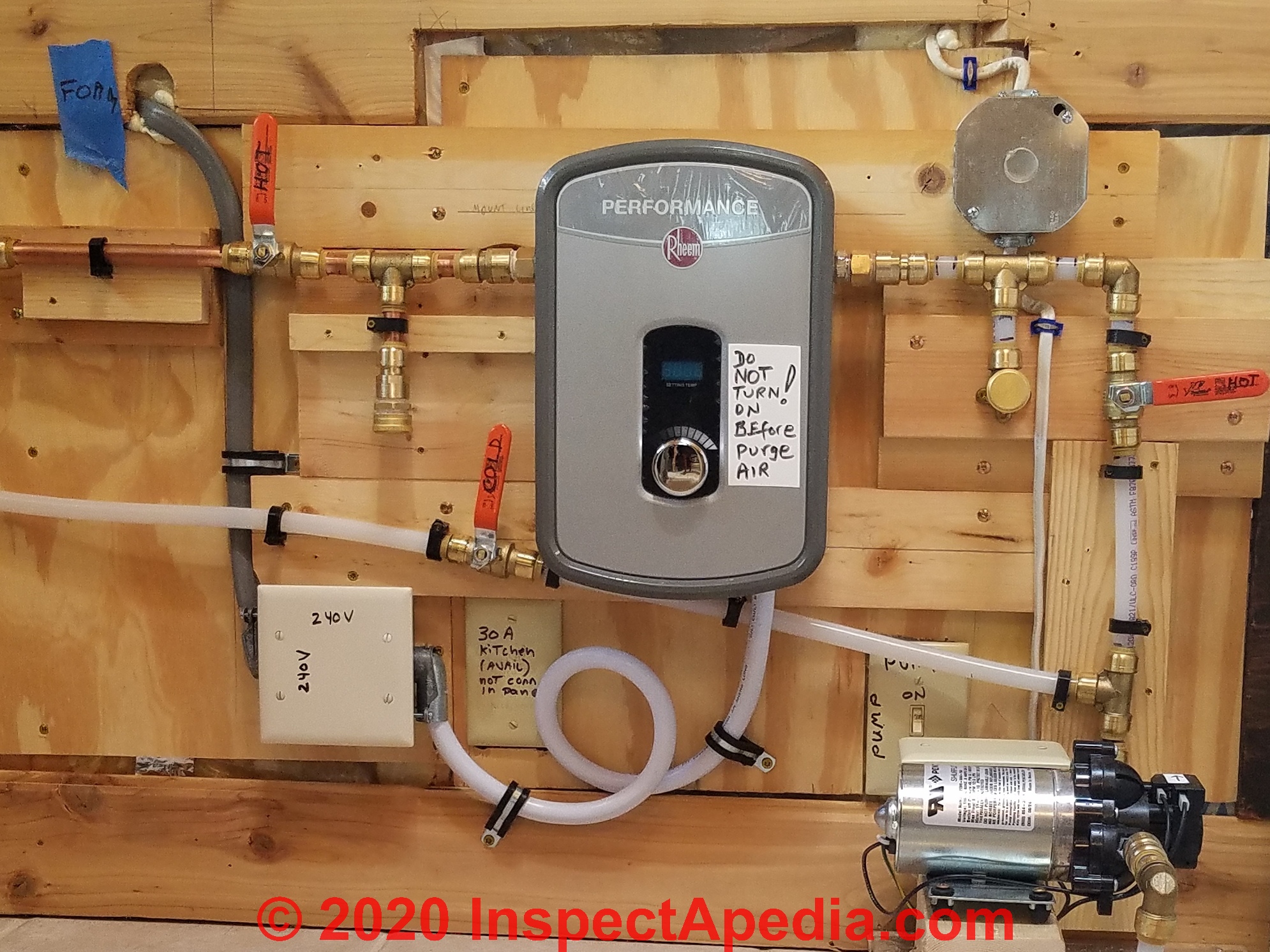
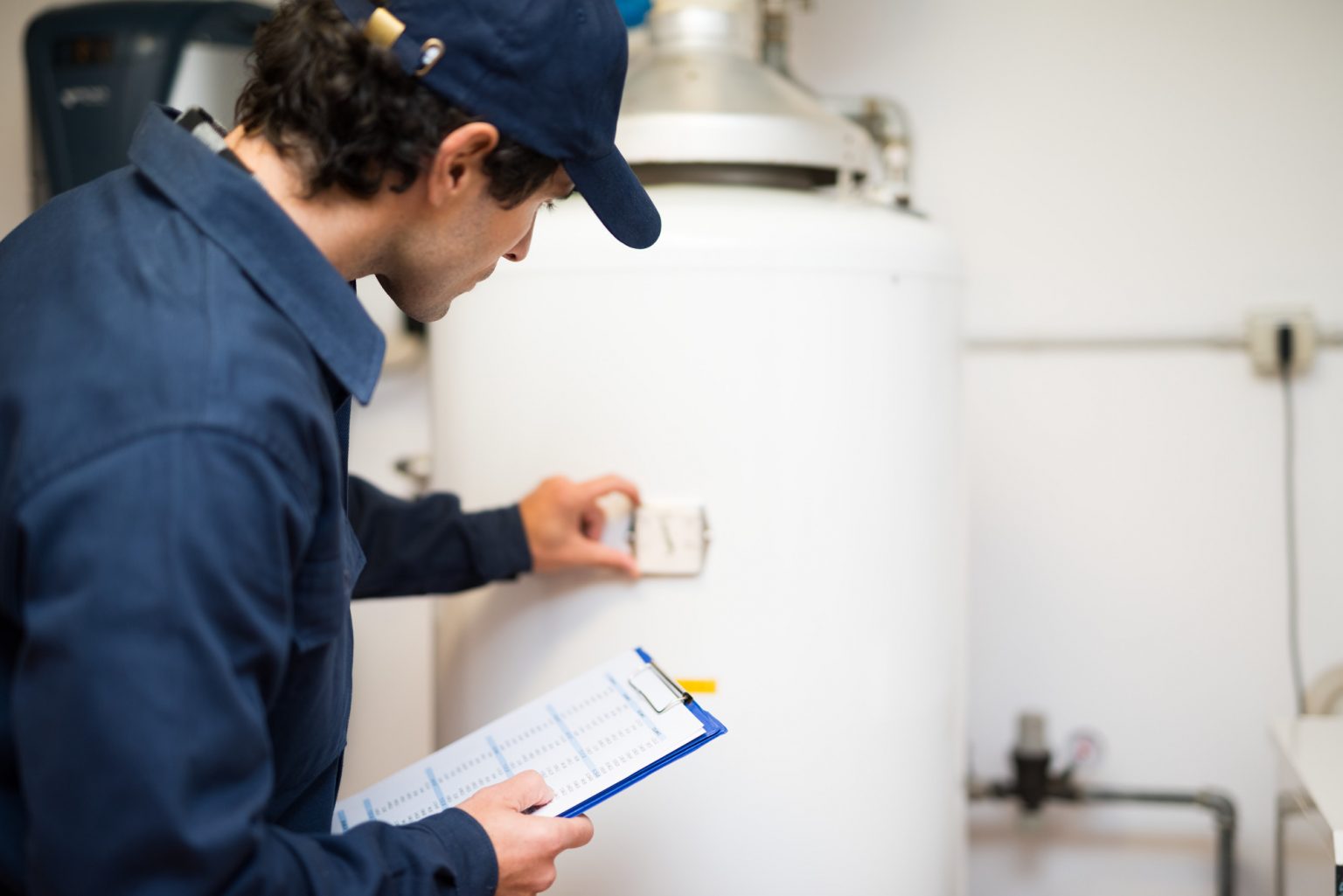

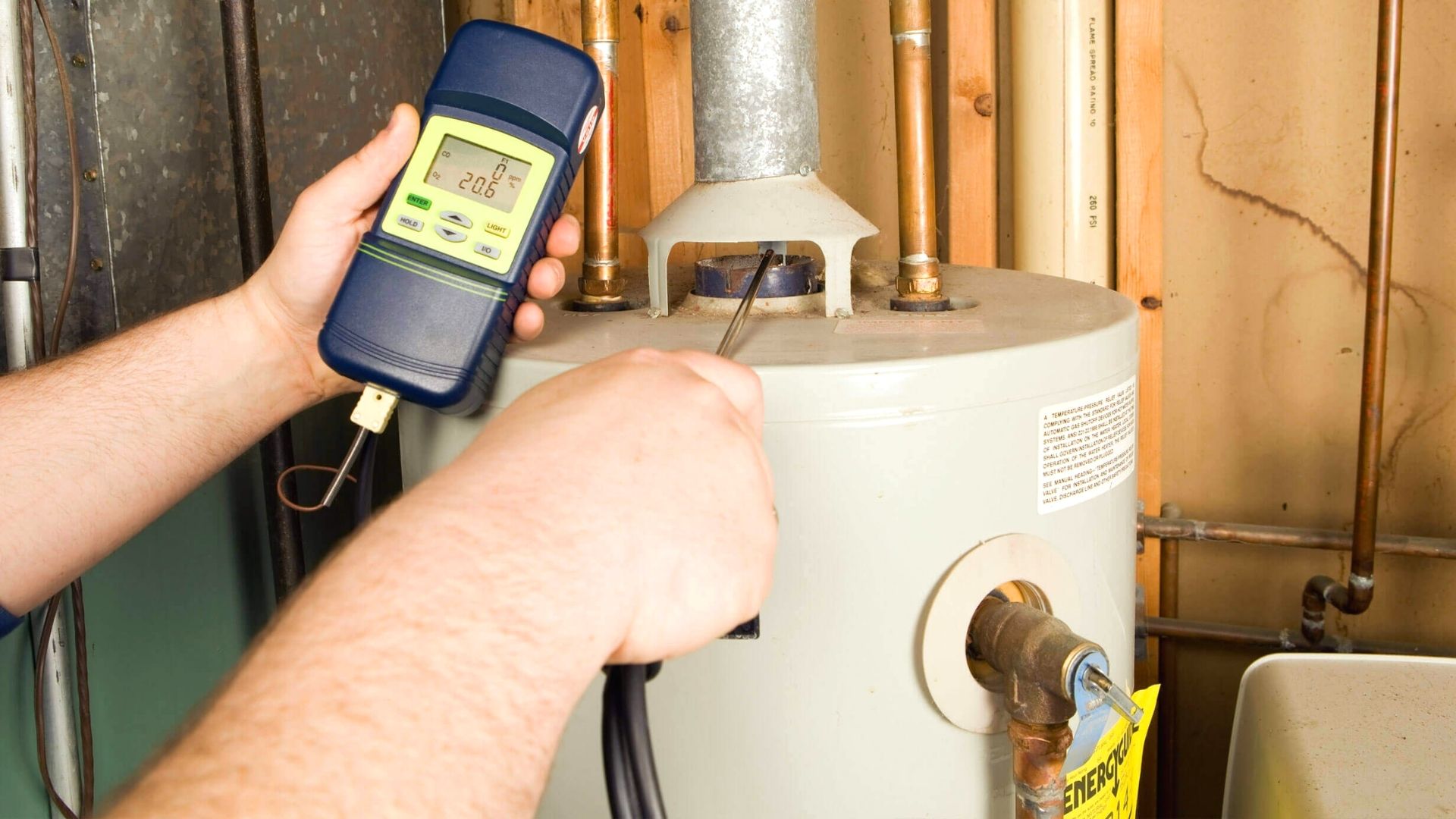
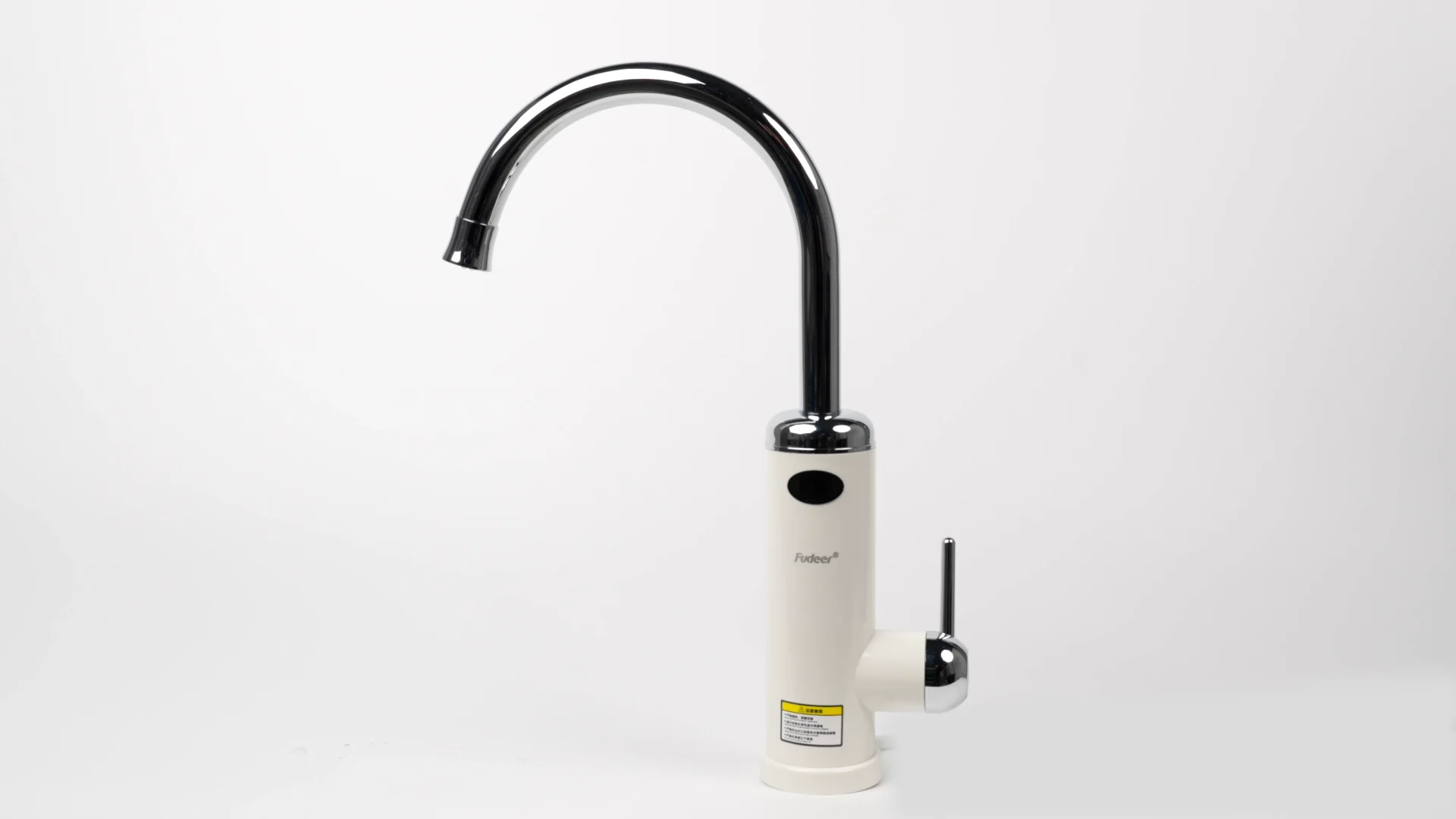




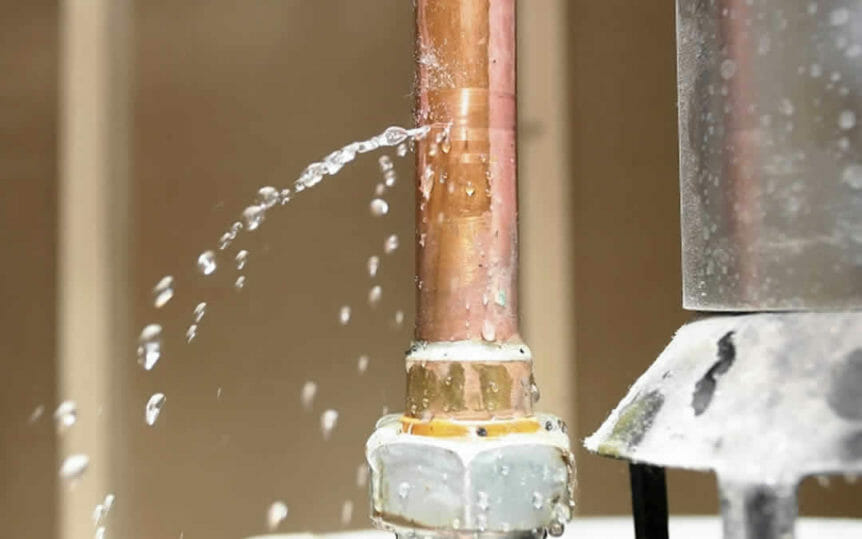

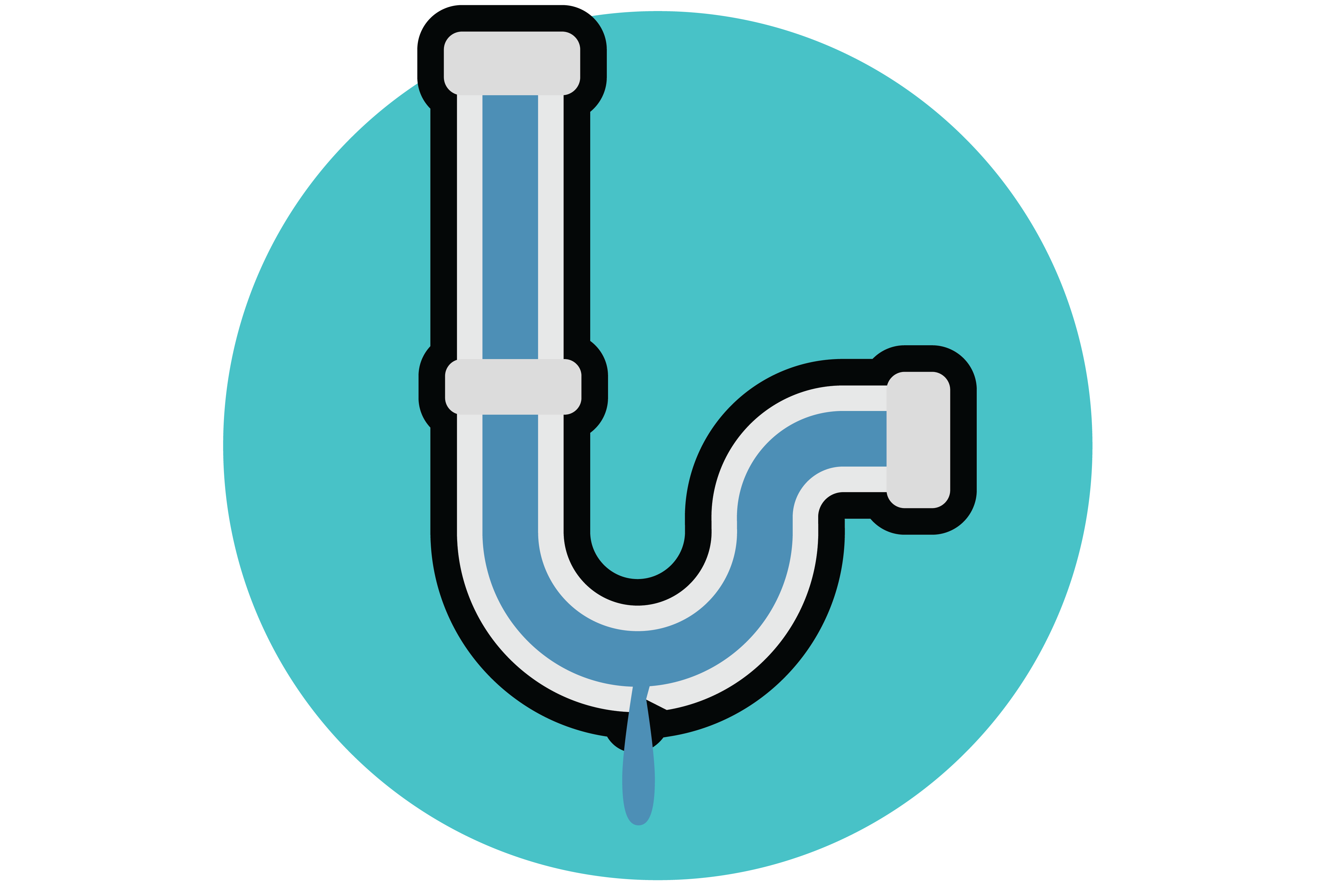
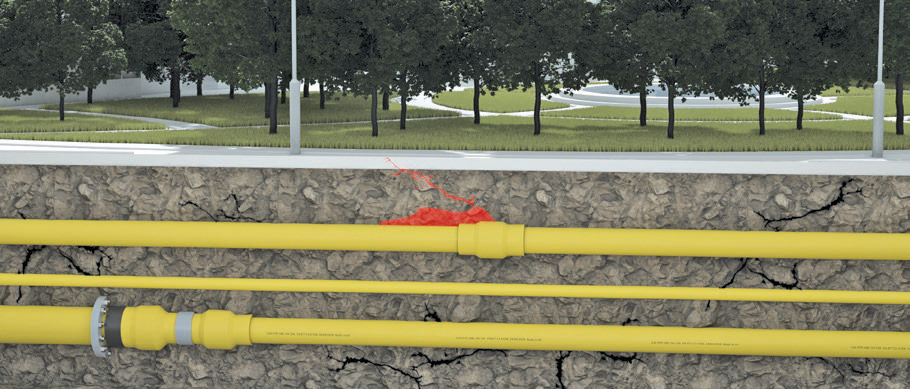
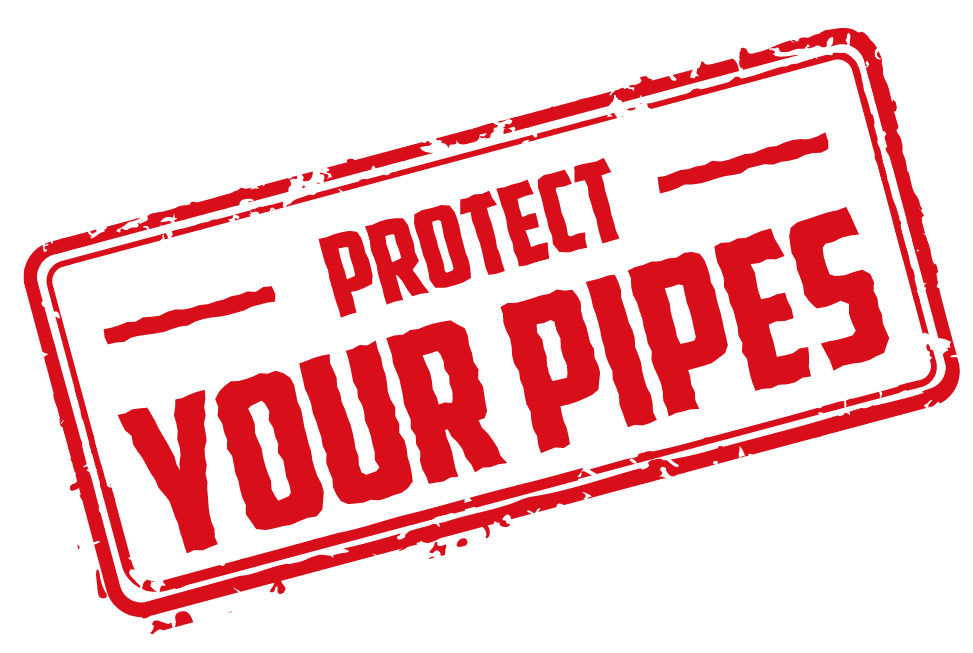
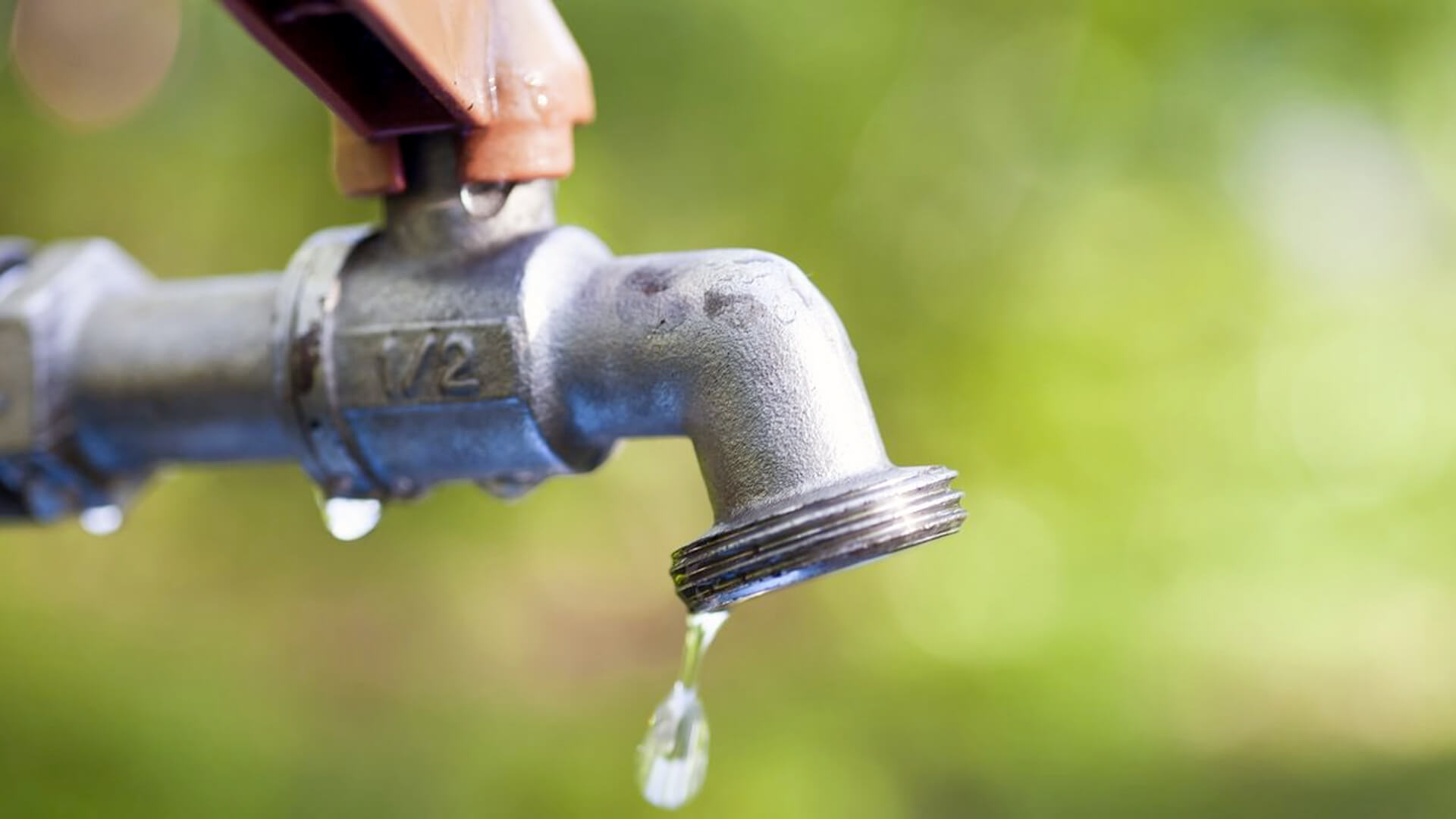




:max_bytes(150000):strip_icc()/the-men-s-hand-opens-the-ball-valve-on-the-collector-1006810456-5c5fc73fc9e77c000159c4af.jpg)
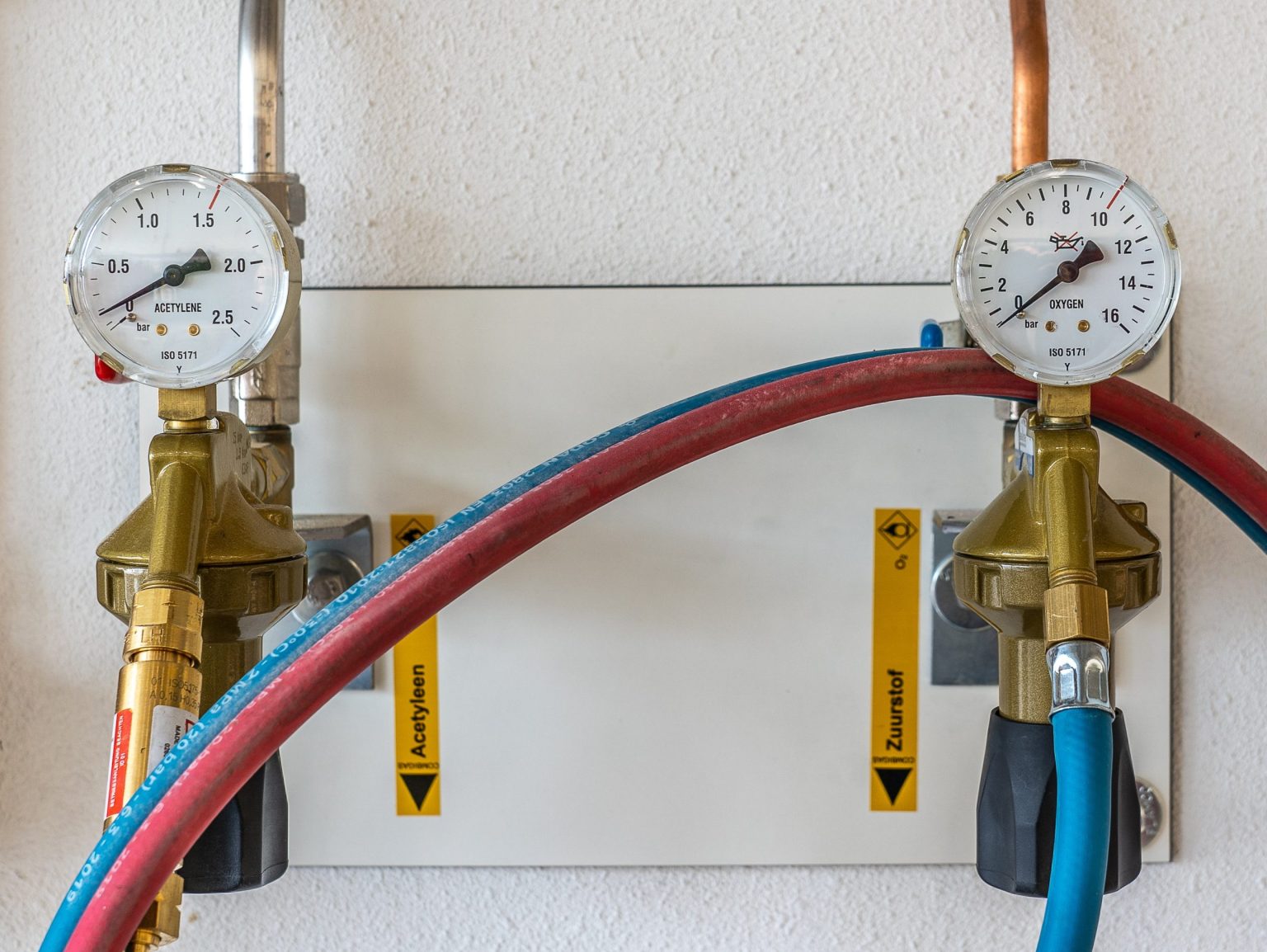







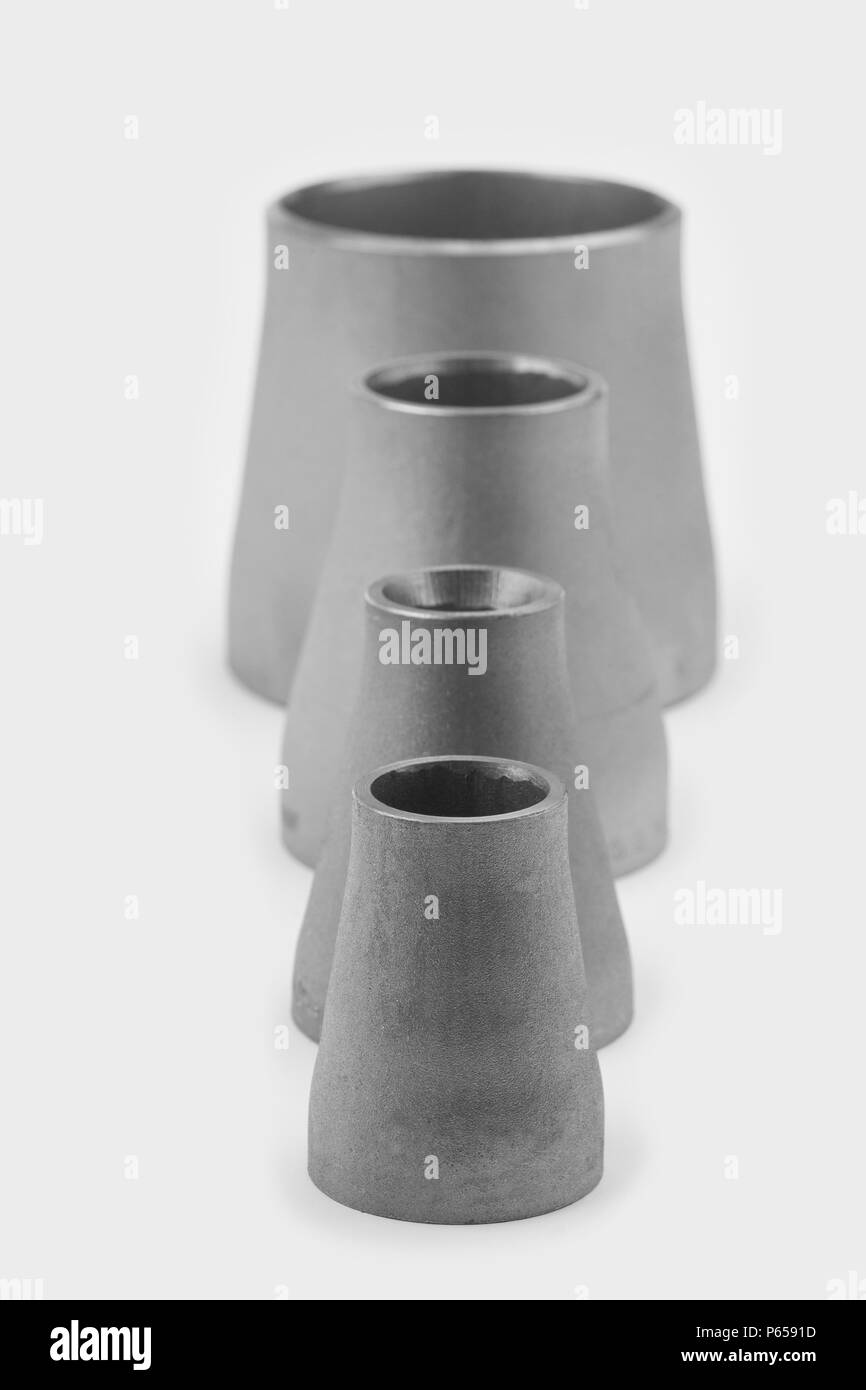
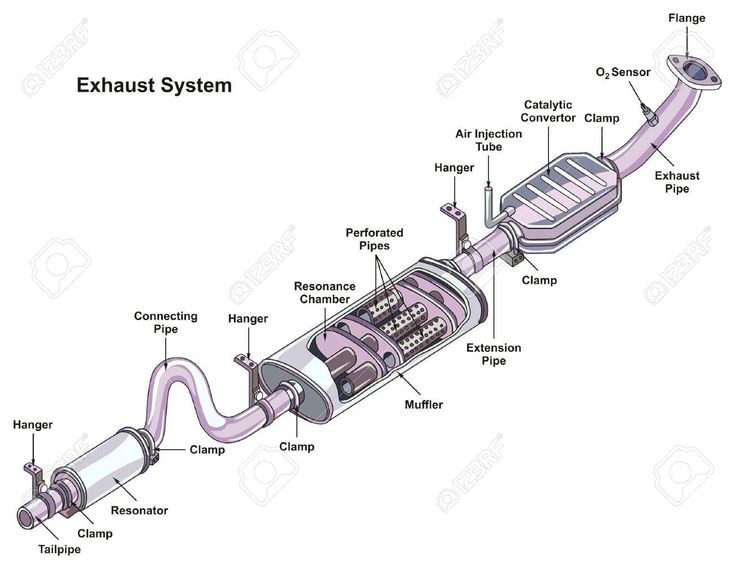


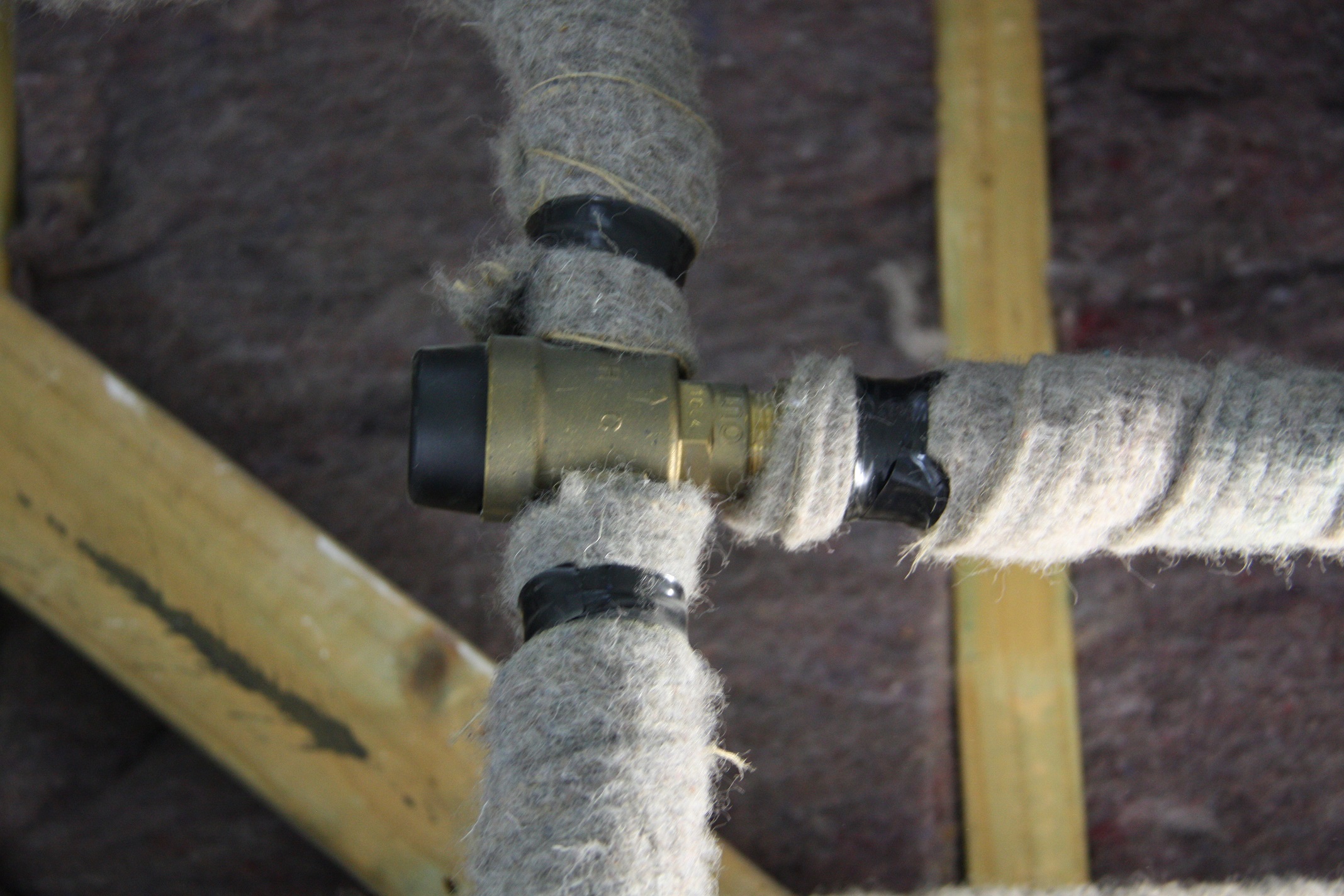



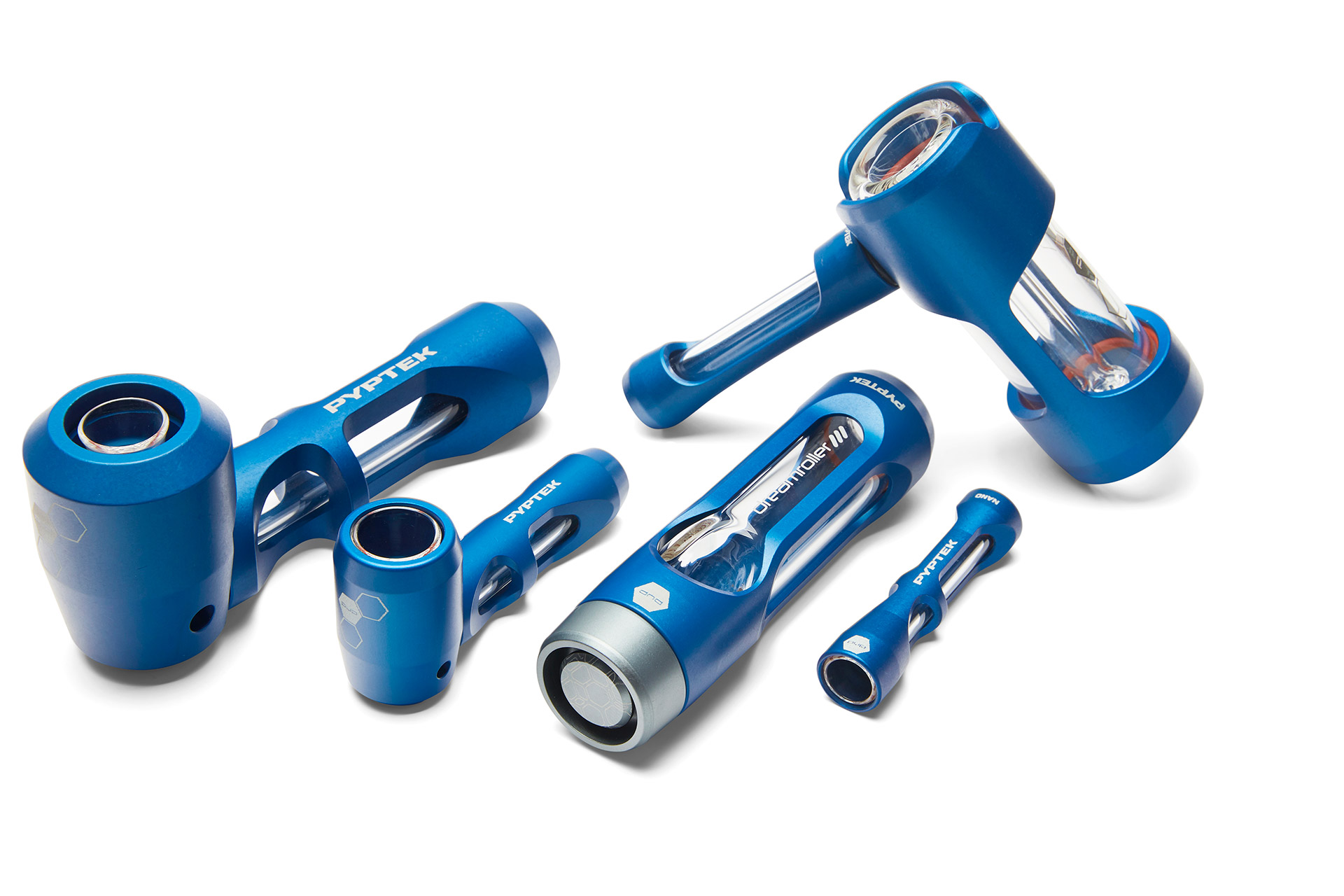



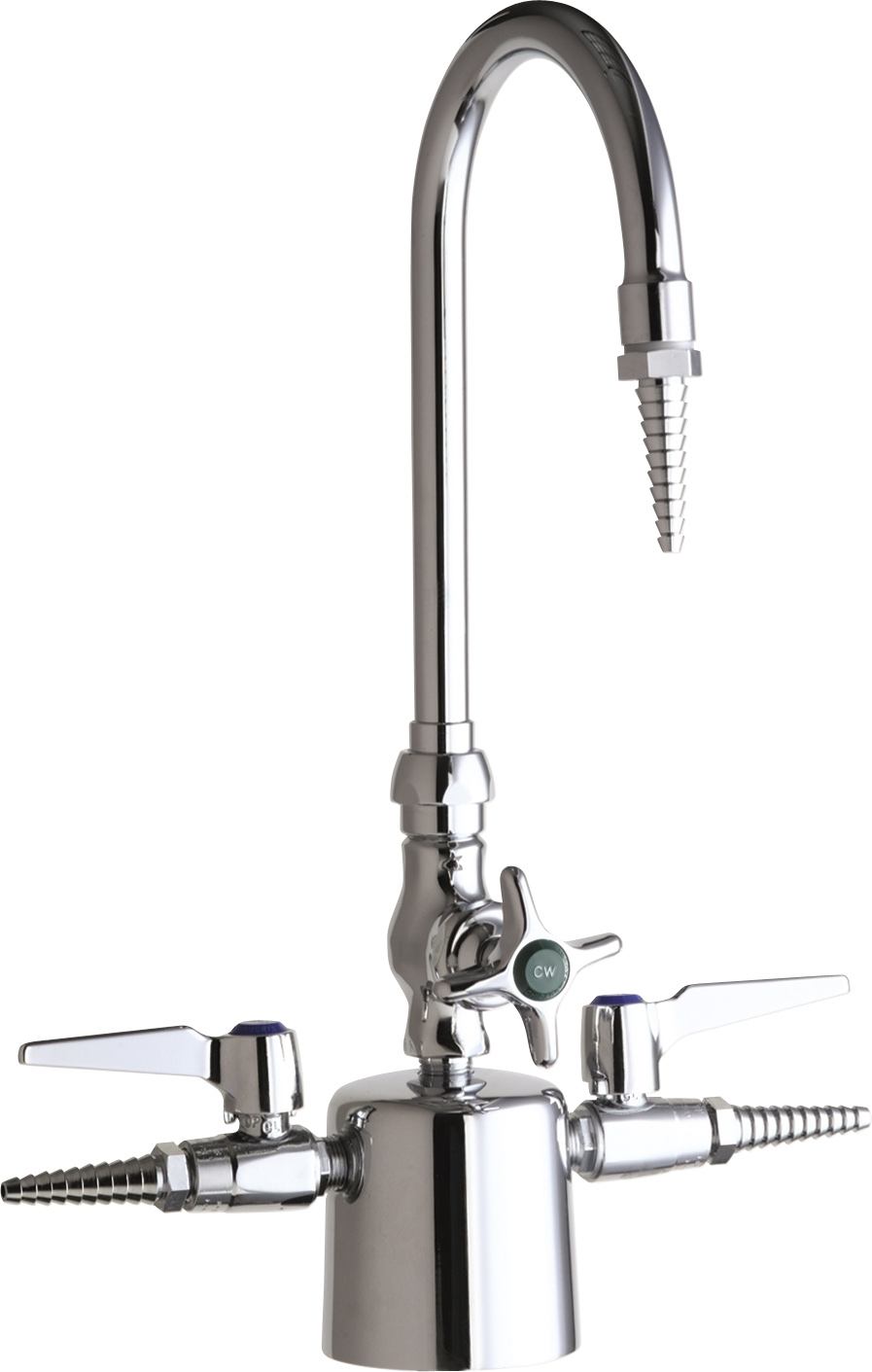
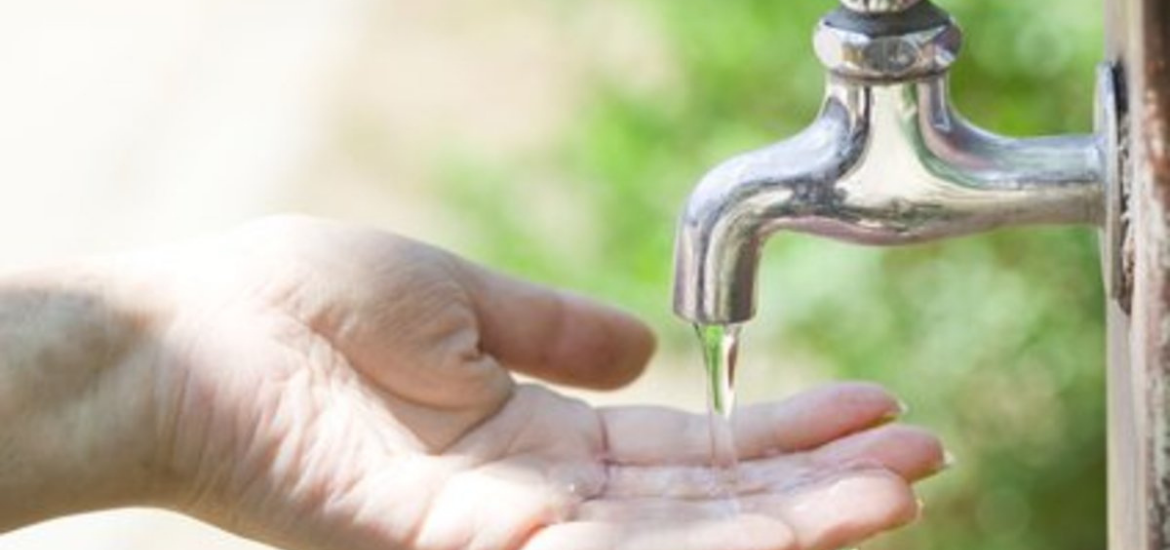



:max_bytes(150000):strip_icc()/testing-water-pressure-in-your-home-2718692-04-c37ab3236d0d4b61b87079ebf9ef823e-c1e1ef0104fb44778a287bd9bb5ec140.jpeg)
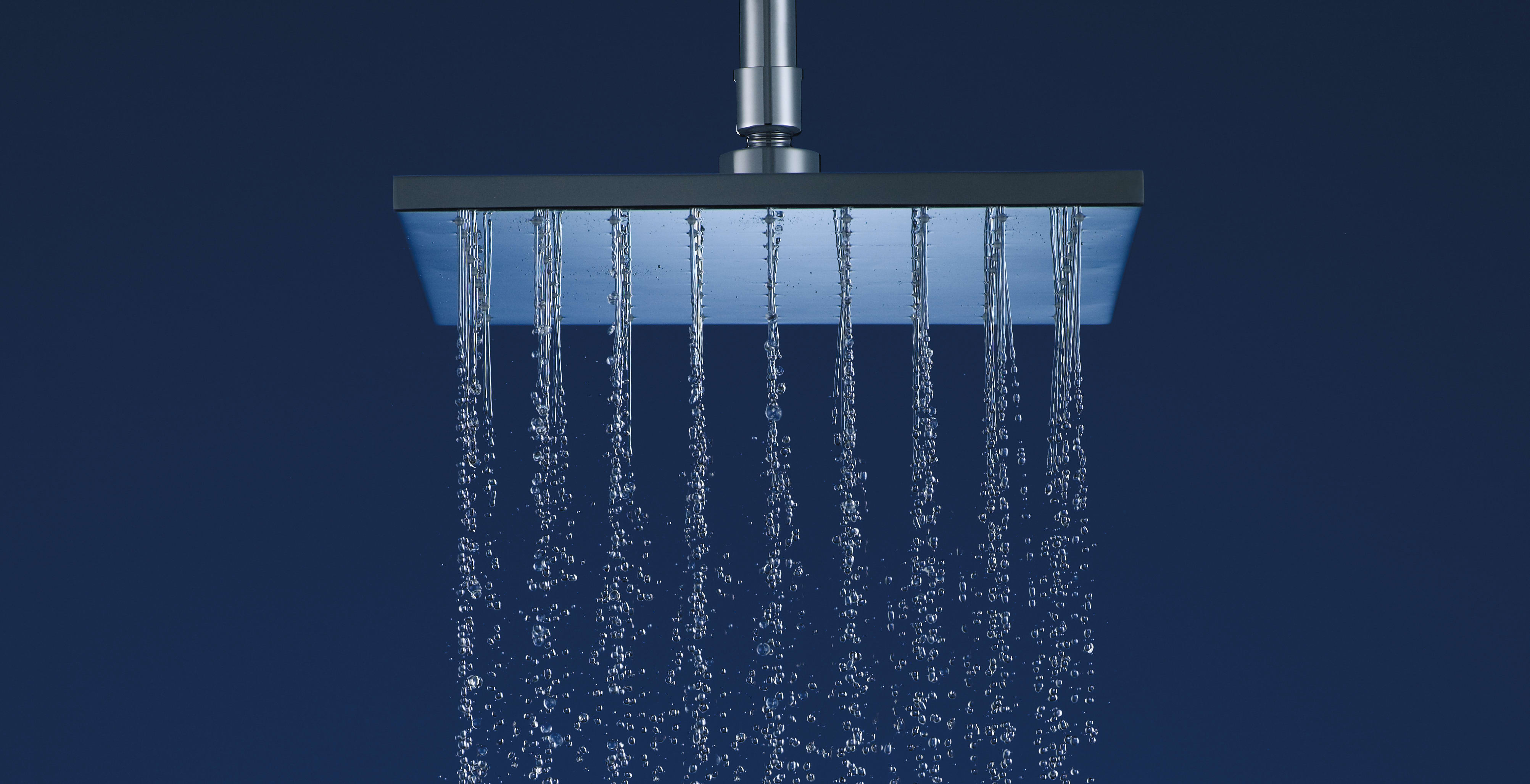
:max_bytes(150000):strip_icc()/testing-water-pressure-in-your-home-2718692-hero-98f45508ca5d44b6b551034ac5cedab5.jpg)






